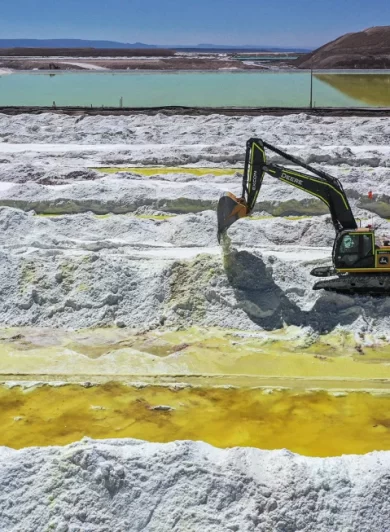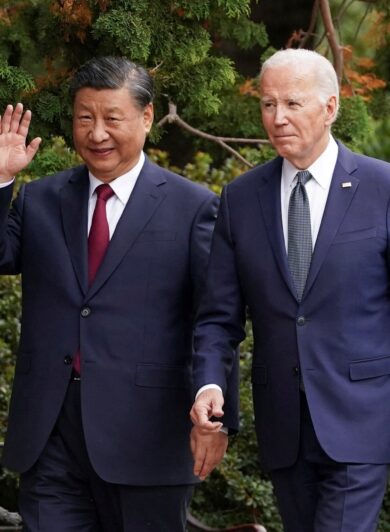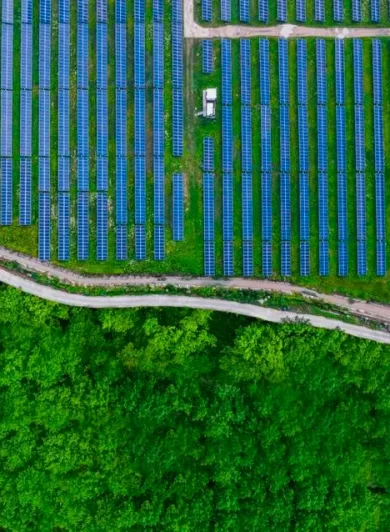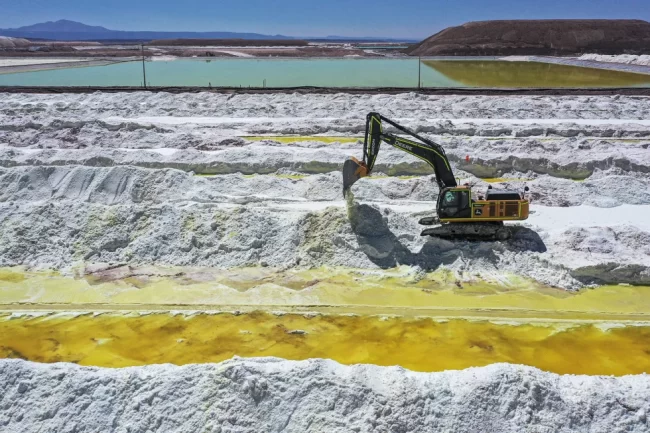
BY 2050

COMMUNITIES

INEQUITY

GREENHOUSE GAS
TECHNOLOGIES

ECONOMY
A Just Transition
Achieving a just transition ensures that all communities are ushered through the energy transition on equitable footing. This episode takes us through the challenging journey of attaining a just transition.
Inspiring fact-based discussions in order to find real-world solutions to our greatest challenges.
In today’s world of divided opinions and political rhetoric, the truth often has difficulty reaching everyday people. Rational Middle is an award-winning collaborative that takes on important and controversial topics to drive thoughtful conversations. Our objective is to bring facts to the public through the mediums of documentary film, the written word, podcasts, and social media. In doing so, we hope to break conversations away from unproductive back and forths and toward solutions.
Ensuring that the information we share is accurate and surrounded by the proper context while rejecting extremist rhetoric is incredibly hard, but it is the only way to create an environment where people, companies, and governments can have rational discussions about the future.
Net Zero News from Around the World
As we take steps on our journey to net zero, stay up-to-date on domestic and international news regarding energy, climate, and more.
Net Zero News from Around the World
As we take steps on our journey to net zero, stay up-to-date on domestic and international news regarding energy, climate, and more.
Net Zero Short Films
New releases coming soon!
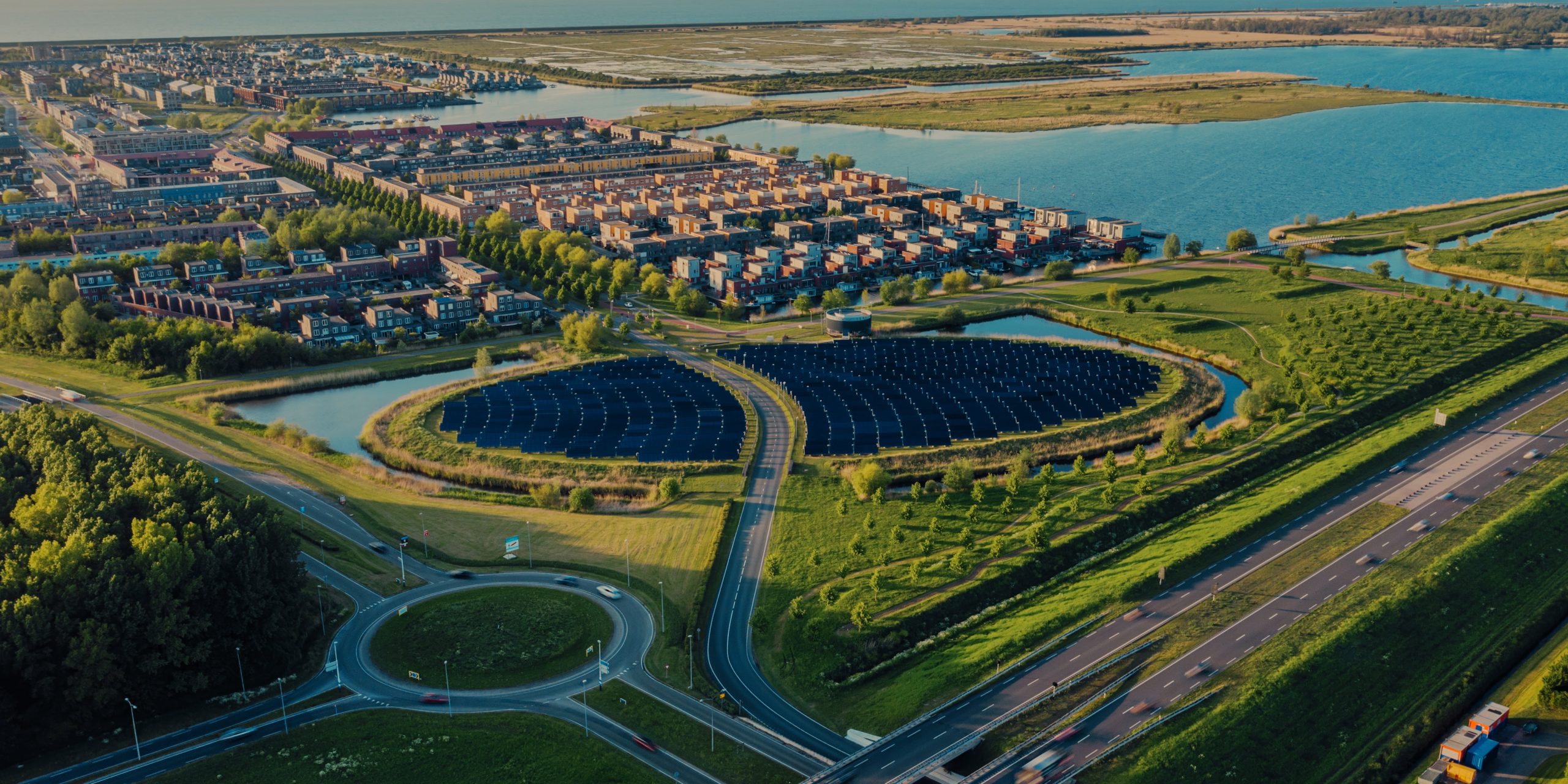 PREVIEW
PREVIEW
Rational Middle: Net Zero Trailer
Rational Middle and Shell are partnering again for an all-new series called Rational Middle: Net Zero, which will explore the technologies, policies, and partnerships that are required to achieve net zero greenhouse gas emissions by 2050.Watch the Episode
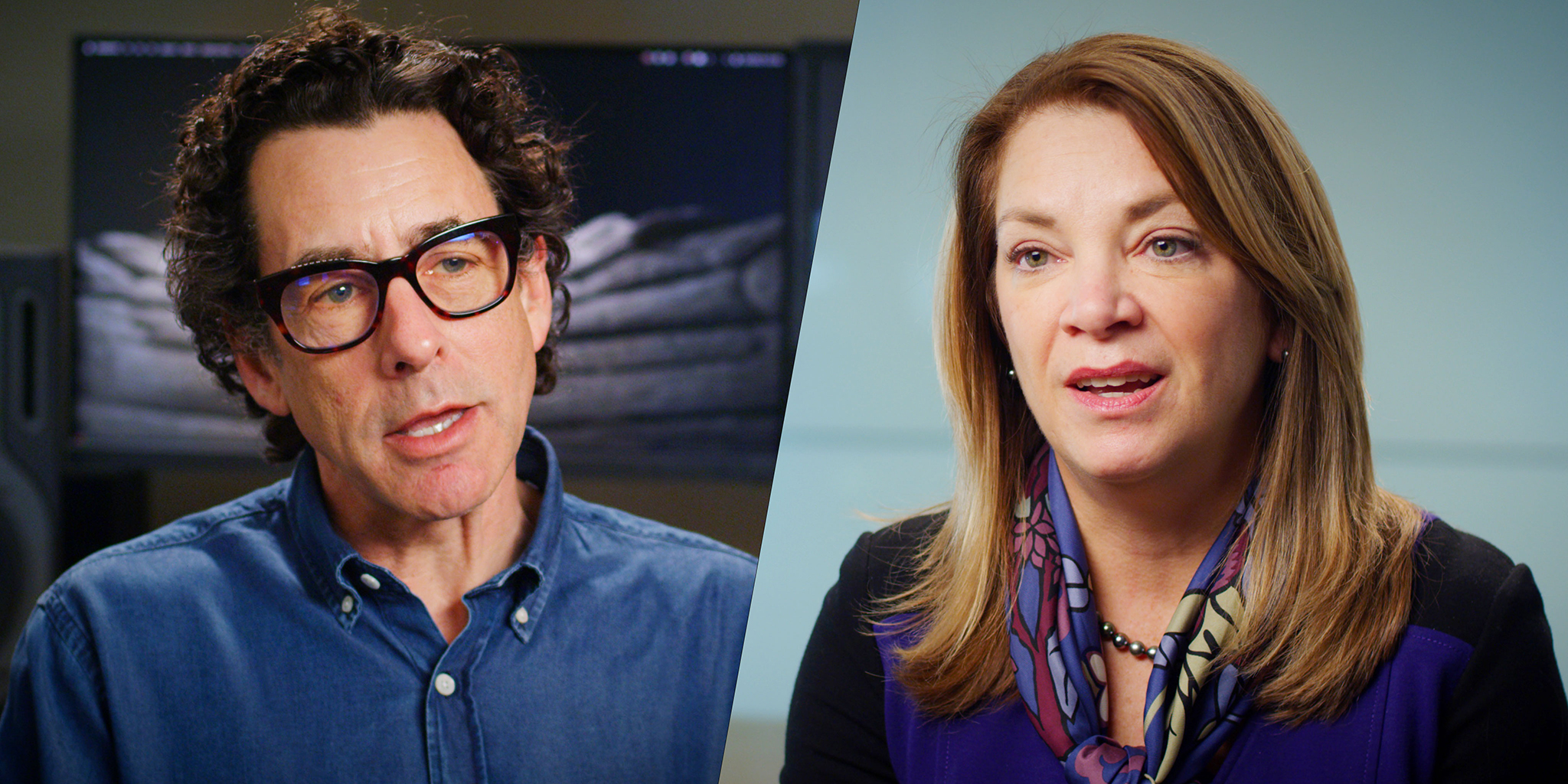 BONUS
BONUS
What is the Rational Middle: Net Zero?
Rational Middle founder Gregory Kallenberg and Shell USA, Inc. President Gretchen Watkins discuss the partnership and along with the requirements set out to ensure a fact-driven discussion about climate change and decarbonization.Watch the Episode
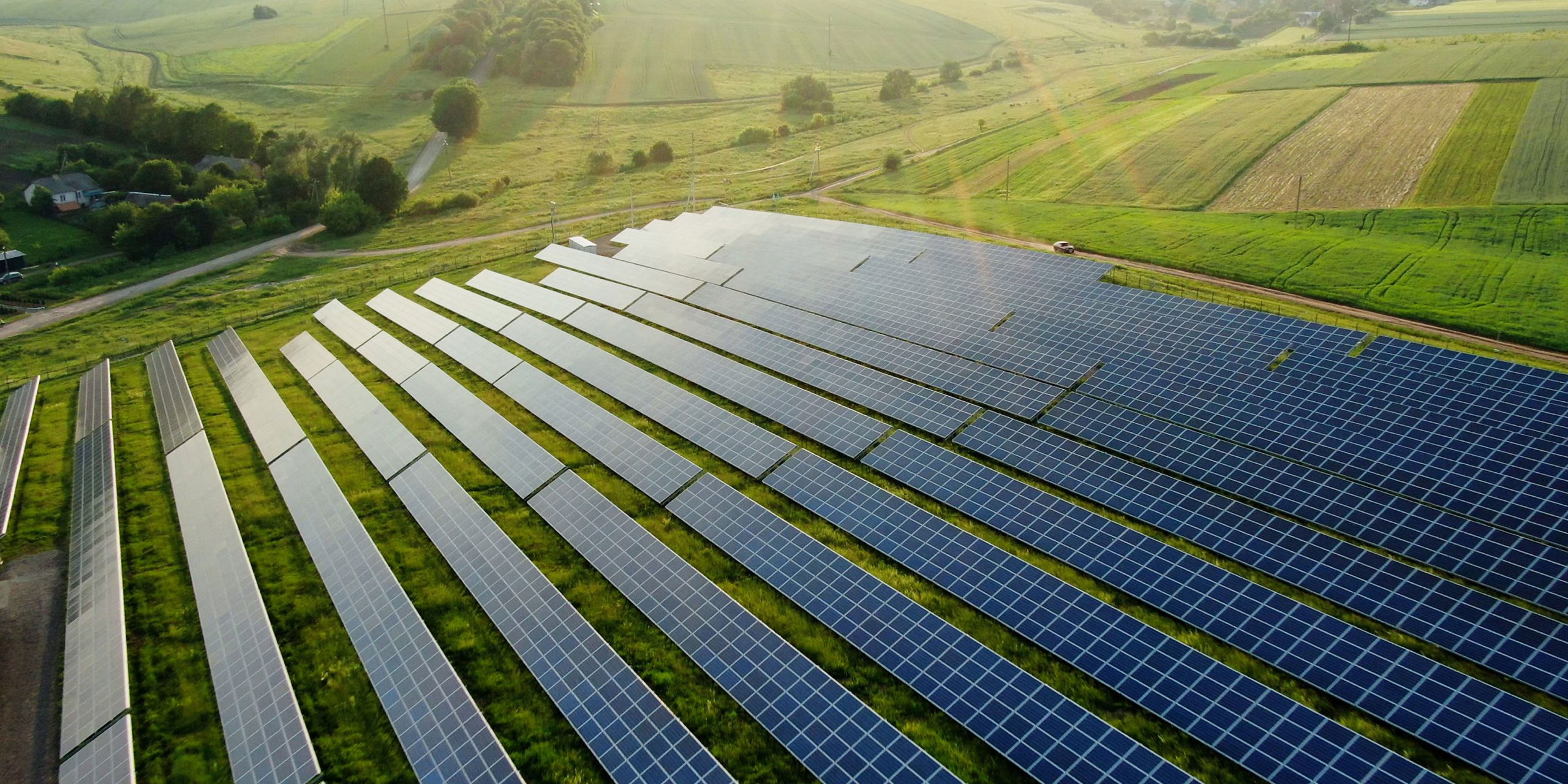 EPISODE 1
EPISODE 1
The Path to Net Zero
Explore what it will take to achieve the goal of net zero by the year 2050 in order to limit global warming to 1.5 degrees Celsius.Watch the Episode
 EPISODE 2
EPISODE 2
Electrifying America
This episode explores the path to electrification and explains some of the challenges facing this promising energy delivery system.Watch the Episode
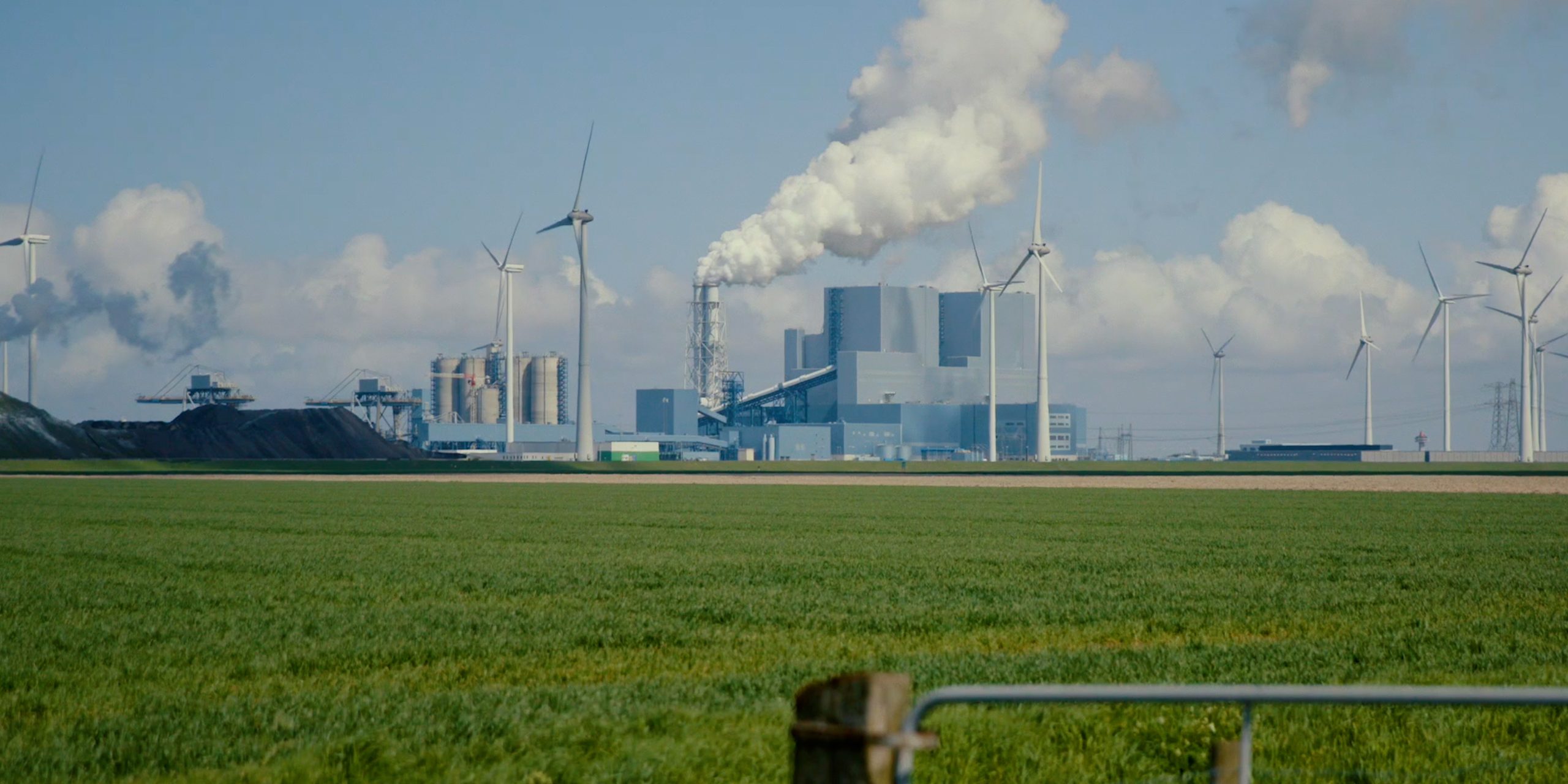 EPISODE 3
EPISODE 3
Fueling Our Future
We will need an unprecedented transformation of our fuel mix in order to reach net zero. We explore some of the alternative fuels that can help us meet that goal.Watch the Episode
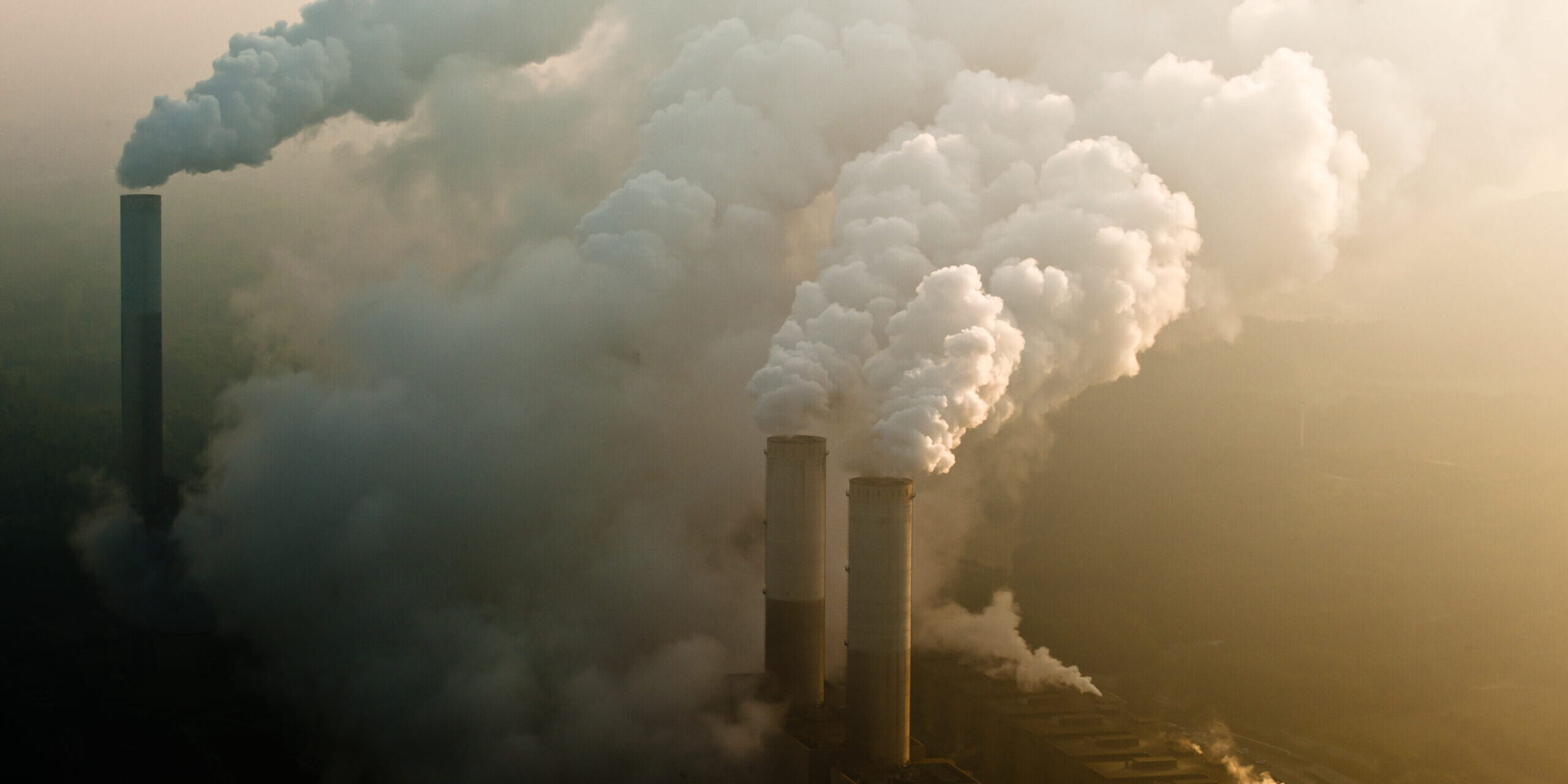 EPISODE 4
EPISODE 4
Managing Our Carbon
As the world continues to burn fossil fuels, we must face the reality that carbon sequestration will be required to meet our net zero goals.Watch the Episode
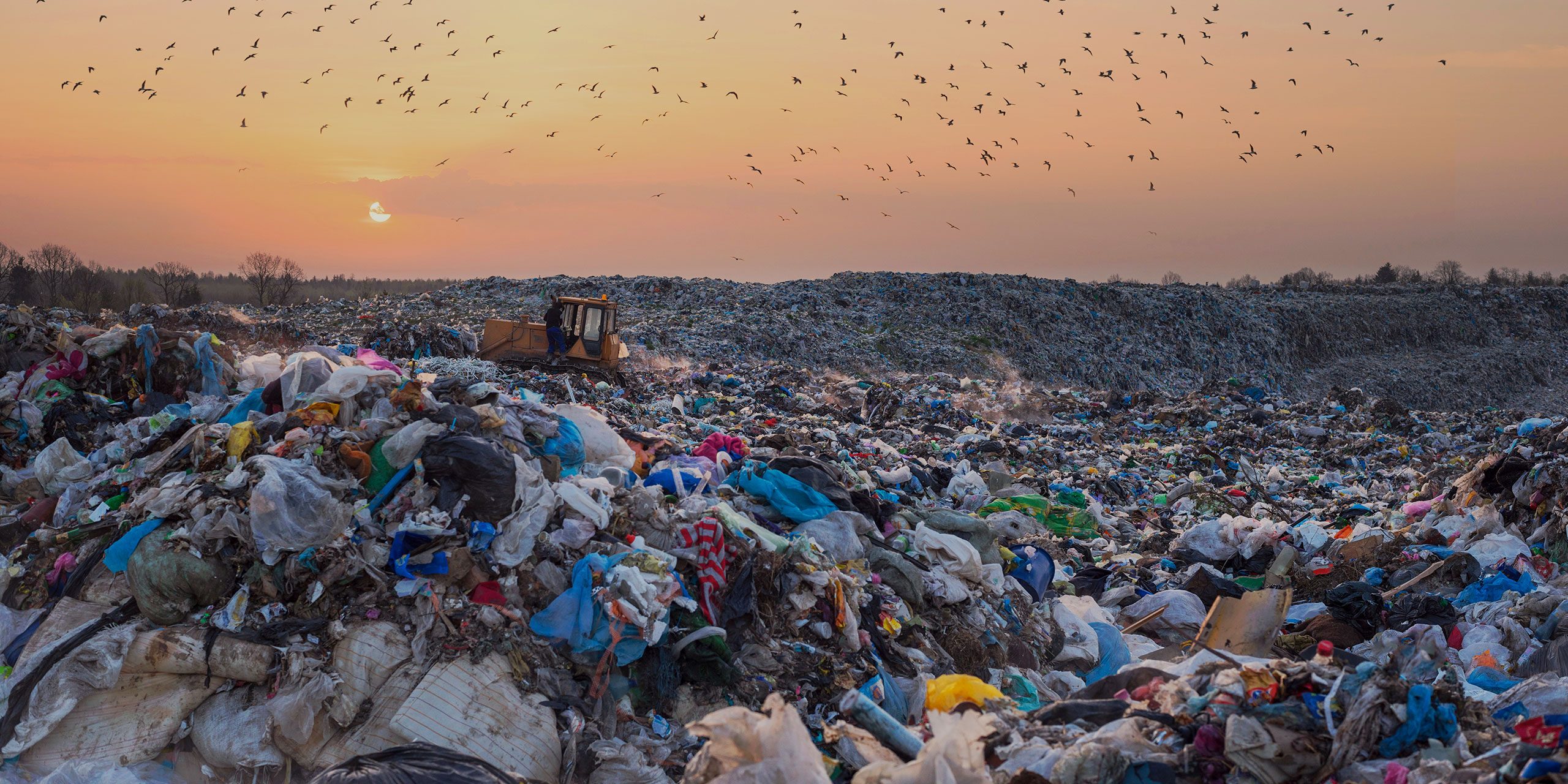 EPISODE 5
EPISODE 5
The Circular Economy
We create 7 to 10 billion tonnes of waste each year and almost all of that energy and product winds up wasted. Changing the way we produce and manage waste will be key to reaching net zero.Watch the Episode
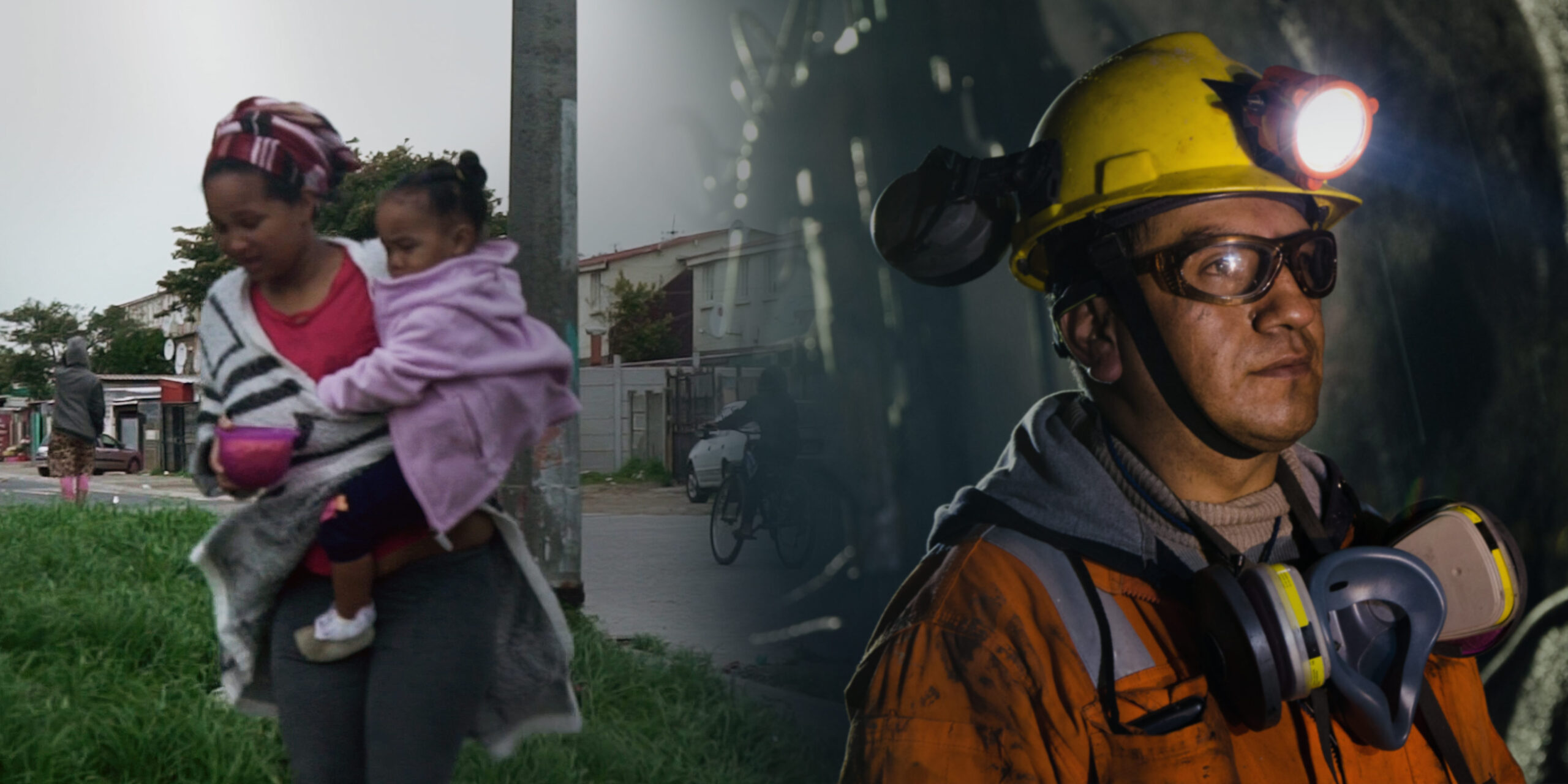 EPISODE 6
EPISODE 6
A Just Transition
Achieving a just transition ensures that all communities are ushered through the energy transition on equitable footing. This episode takes us through the challenging journey of attaining a just transition.Watch the Episode
 EPISODE 7
EPISODE 7
Policy vs. Market
Should government “pick winners and losers” or let the market decide the future of energy and net zero technologies? We explore when and how policy is most effective and where research, innovation, and private investment can best drive advancements that make net zero solutions scalable.Watch the Episode
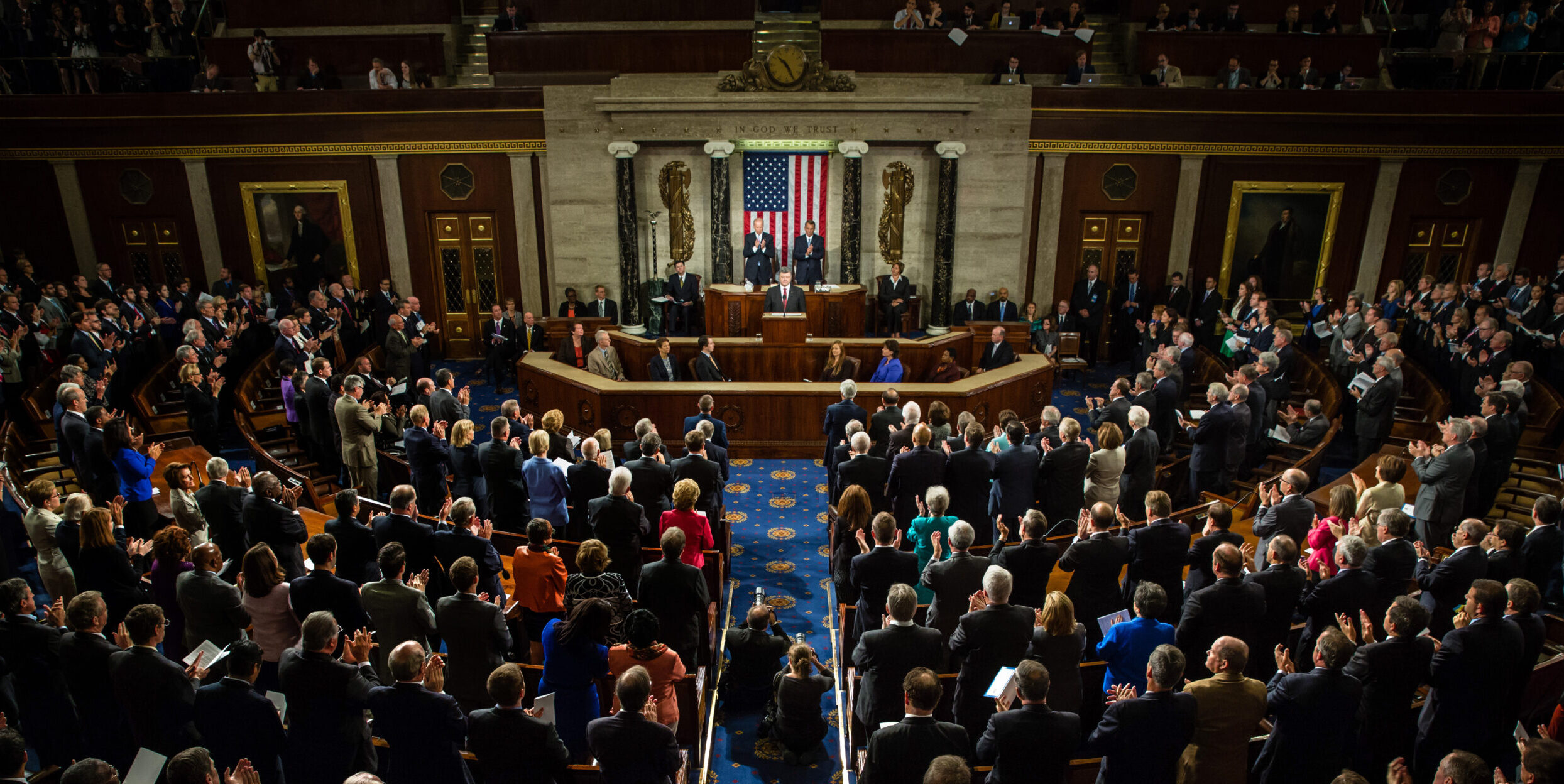 EPISODE 8
EPISODE 8
Reaching Across the Climate Aisle
Without cooperation from both sides of the political aisle, our country will not reach net zero. We explore which policies and perspectives are best suited for bipartisanship and how working across the aisle can work in practice.Watch the Episode
 EPISODE 9
EPISODE 9
Think Global, Act Local
In the race to net zero, every country and every locality is going to require a different set of solutions based on available resources, financing, economy, and political will. Finding the alignment of these factors will be key to ensuring each community reaches net zero in the quickest and least disruptive way possible.Watch the Episode
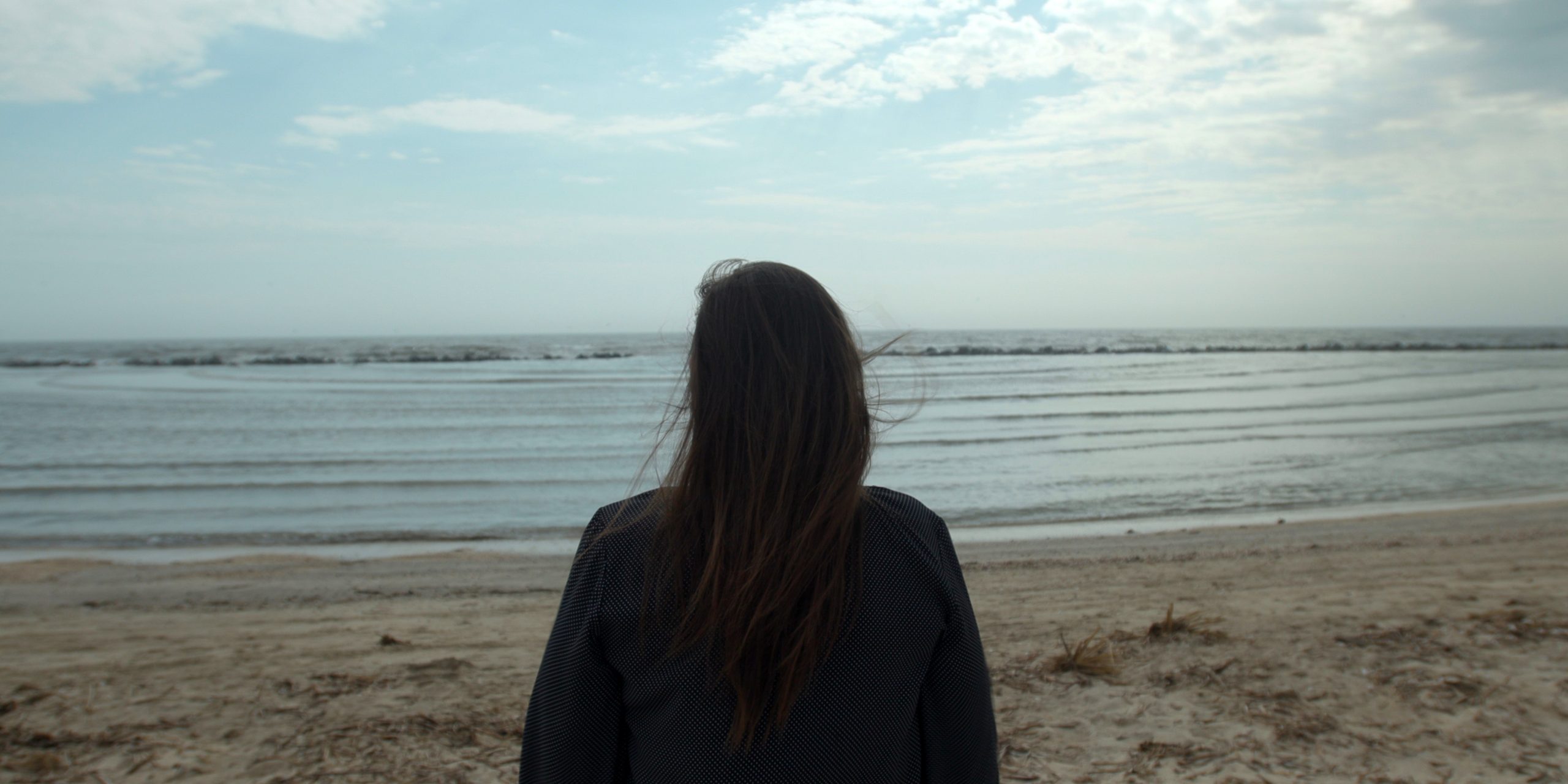 COMING SOON
COMING SOON
Net Zero Crossroads: Saving Louisiana’s Coastline
A combination of levy construction, increasing storms, and sea level rise are rapidly eroding the coast of Louisiana. Can these communities weather the storms and rebuild their coast to stave off the effects of climate change?Watch the Episode
Experts of the Rational Middle
Find out who is lending their voice to the Rational Middle: Net Zero discussion.
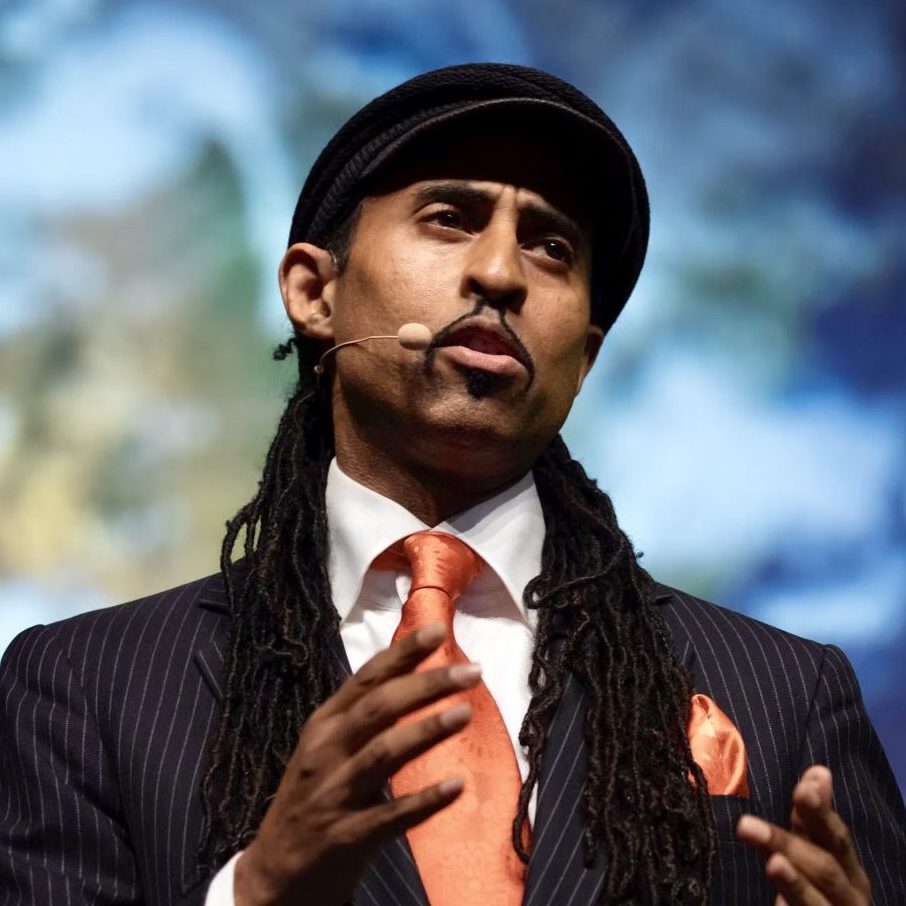
Mustafa Santiago Ali
A renowned thought leader, international speaker, policy maker, community liaison, trainer, and facilitator, Dr. Mustafa Santiago Ali serves as the Executive Vice President for the National Wildlife Federation.

Shanika Amarakoon
Shanika excels at leading analyses related to climate change, renewable energy, environmental and climate justice, sustainability, life cycle assessment, stakeholder engagement, and program evaluation.
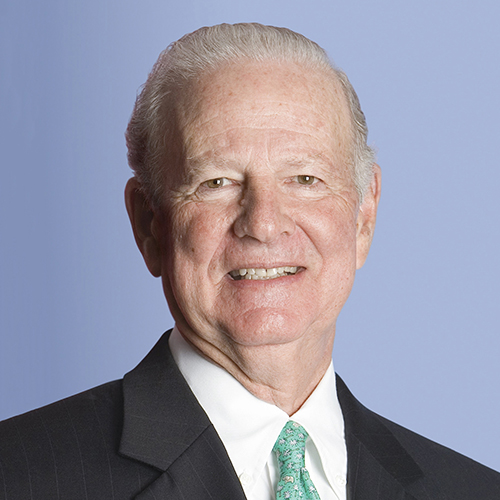
James A. Baker, III
James A. Baker, III, has served in senior government positions under three United States presidents. Baker is presently a senior partner in the law firm of Baker Botts.
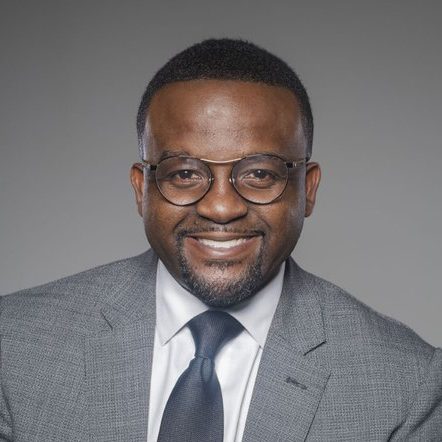
Daniel Blackman
Daniel is leading EPA efforts to protect public health and the environment for EPA Region including eight states and six federally-recognized tribes.
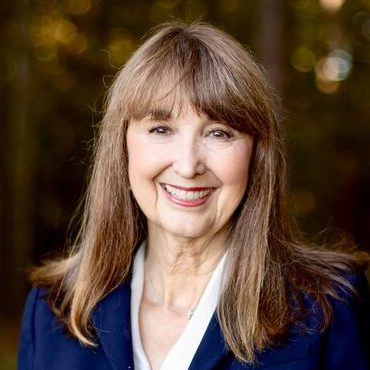
Dr. Virginia Burkett
Virginia was as a Lead Author of the United Nation’s Intergovernmental Panel on Climate Change (IPCC) Third, Fourth and Fifth Assessment Reports and the IPCC Technical Paper on Water.
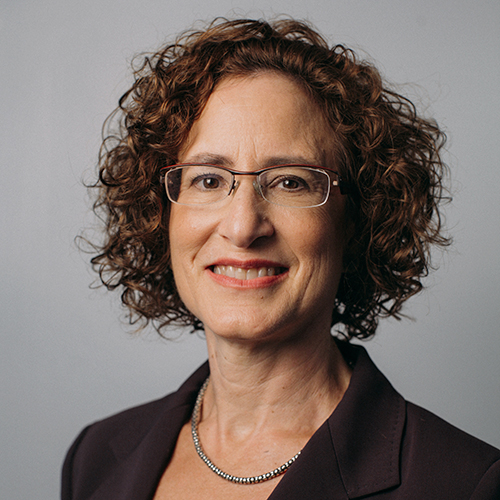
Dr. Julie A. Cohn
Julie’s work focuses on energy infrastructures, environmental history, technological change, and the relationships between government, business, and the public.
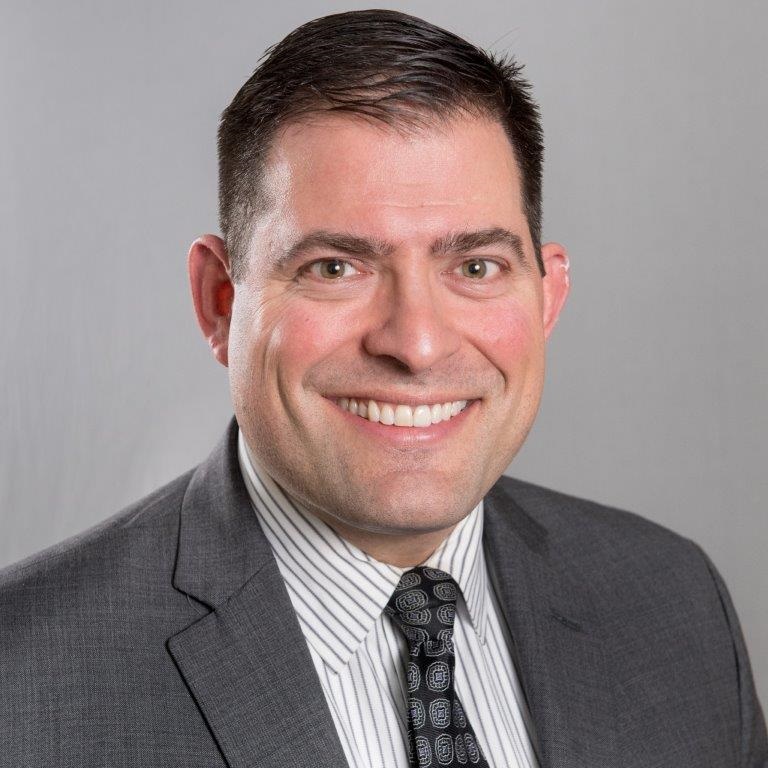
Craig Cookson
Craig Cookson is the Senior Director, Plastics Sustainability for the Plastics Division of the American Chemistry Council, a trade association representing the leading companies engaged in the business of chemistry.
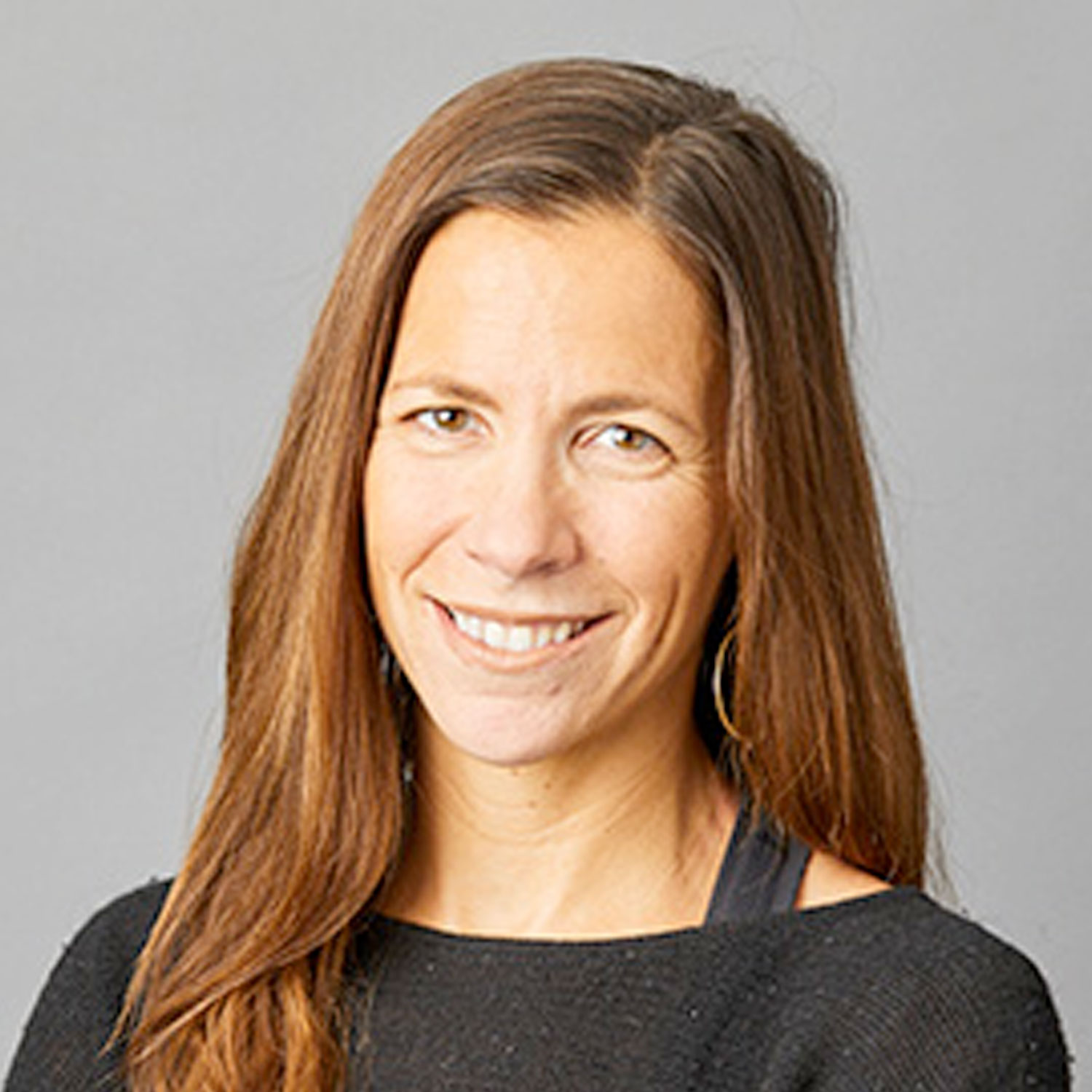
Bridget Croke
Bridget leads external affairs including investor partnerships, industry partnerships, communications and special projects at Closed Loop Partners.
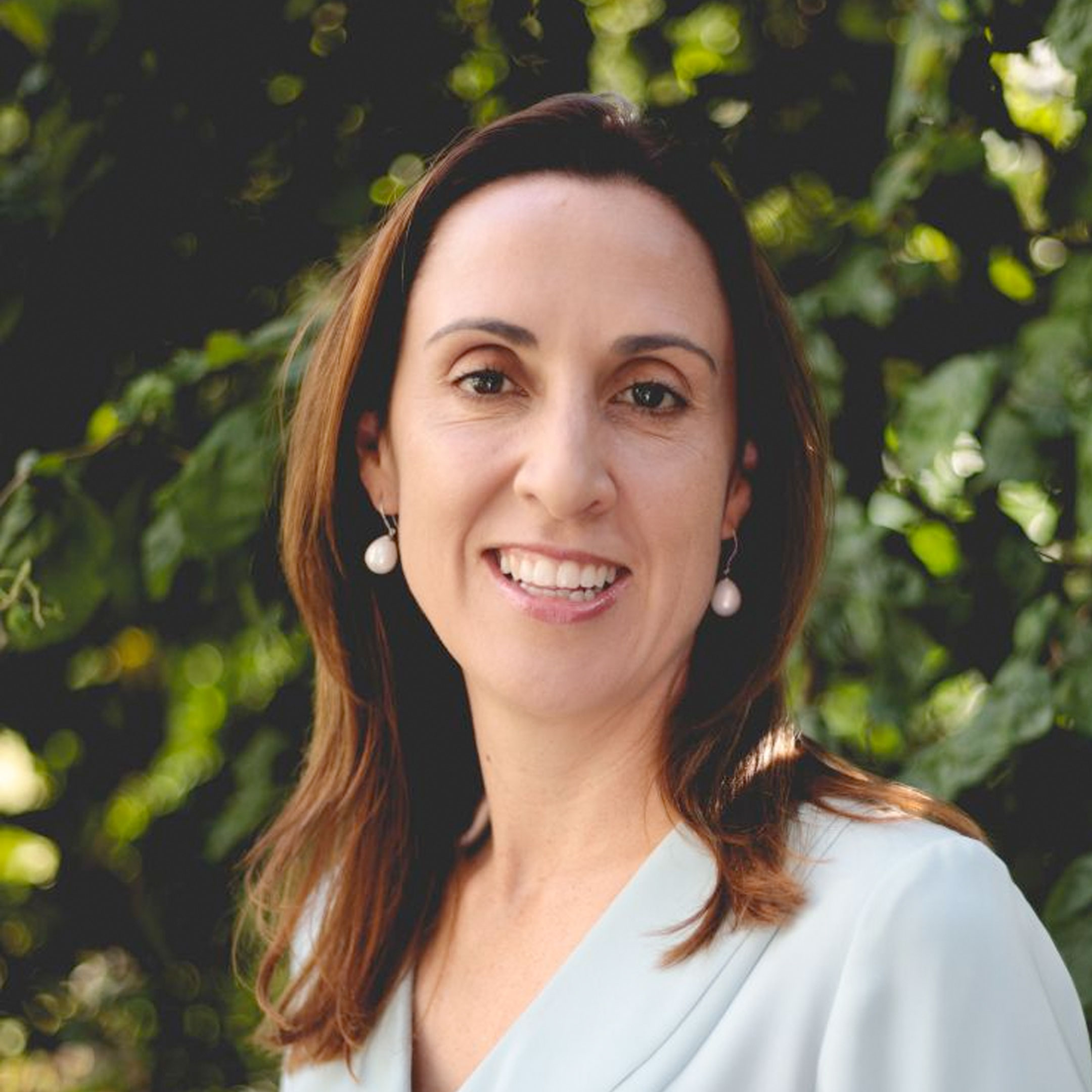
Aura Cuellar
Aura Cuellar is currently the Vice President of Energy Transition for Shell in the United States, responsible for the implementation of Shell US’s energy transition strategy
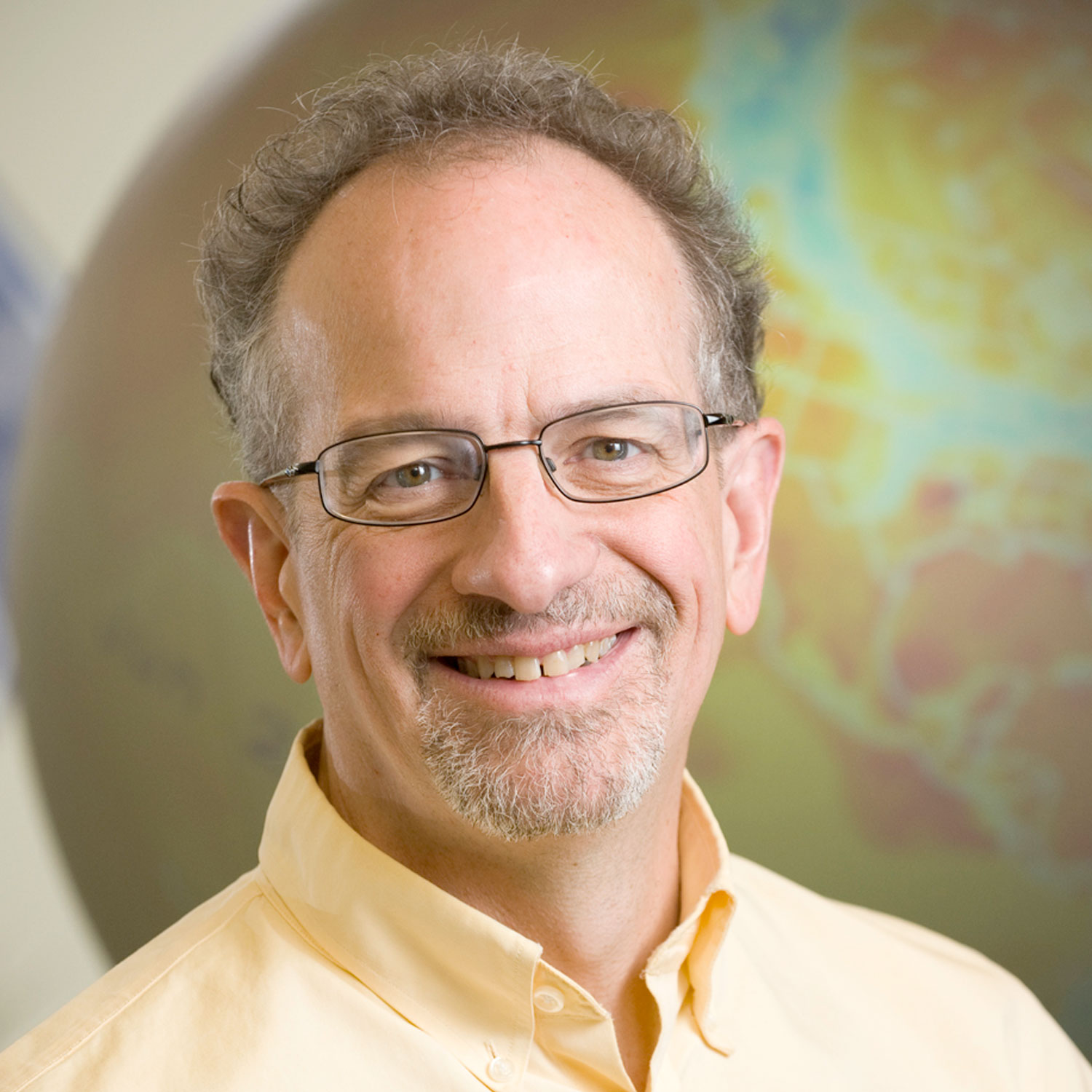
Scott Denning
Professor Scott Denning received his B.A. in Geological Sciences from the University of Maine in 1984, and his M.S. and Ph.D. degrees in Atmospheric Science from Colorado State University in 1993 and 1994.
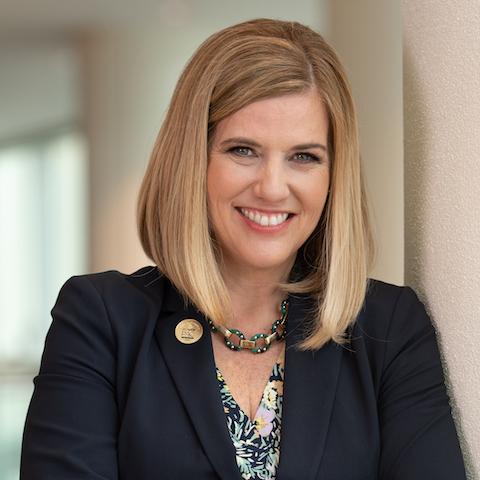
Joy Ditto
Joy Ditto is the American Public Power Association’s president and CEO. She was previously the president and CEO of the Utilities Technology Council, a global trade association representing electric, gas, and water utilities.
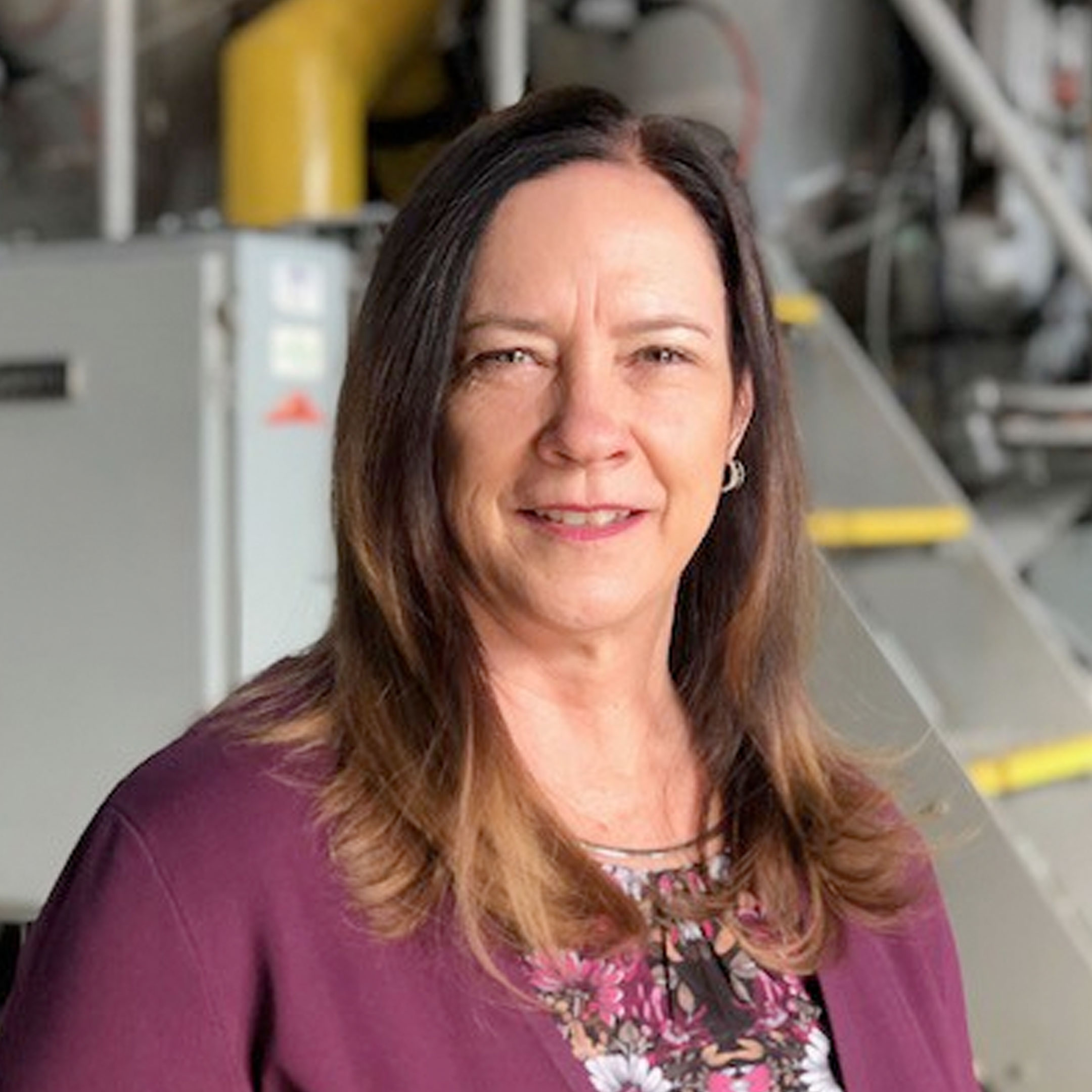
Maury Dobbie
Maury is the Executive Director of the Colorado Energy Research Collaboratory and serves part-time as External Engagement Administrator for the Energy Institute.
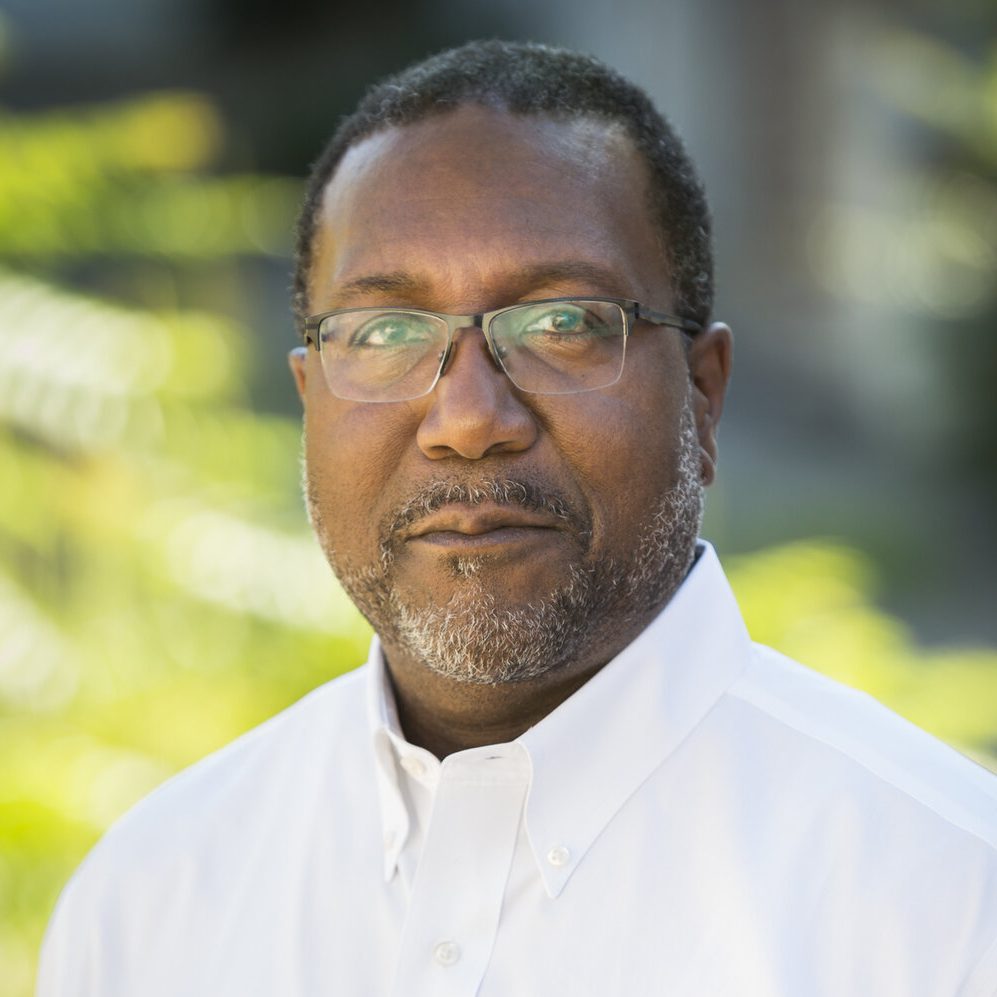
Eric Drummond
Mr. Drummond has more than 25 years of business, and complex administrative law experience, with a focus in emerging technology, next generation digital architecture, and alternative energy issues.
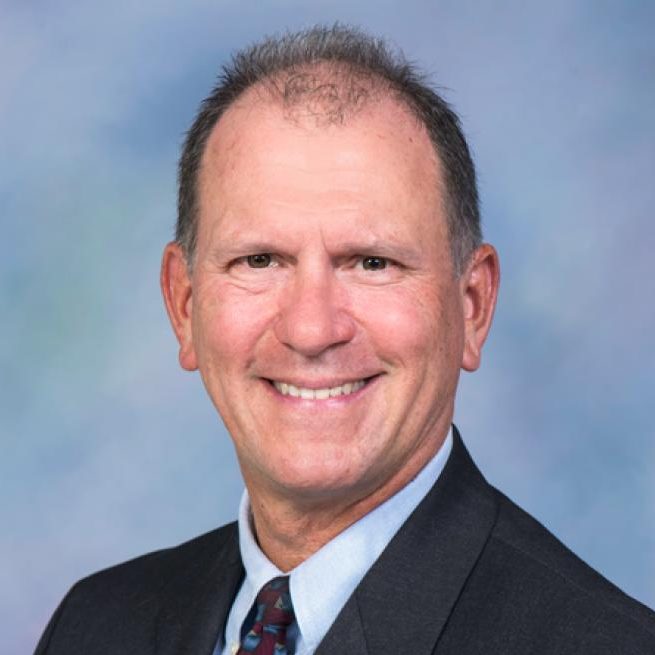
Mark Finley
Mark Finley is the fellow in energy and global oil at Rice University’s Baker Institute. He has over 35 years of experience working at the intersections of energy, economics and public policy.
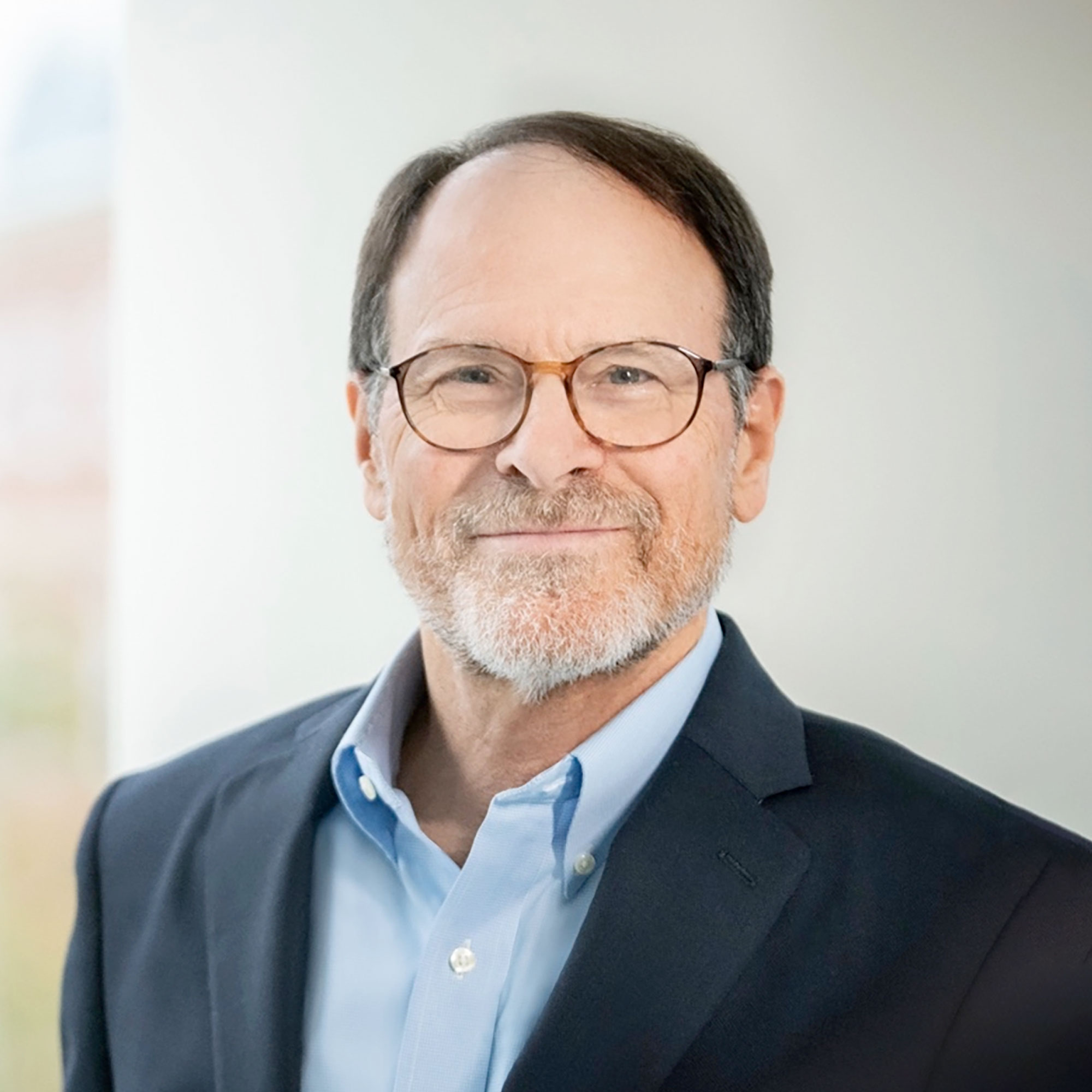
Dr. Peter Fox-Penner
Mr. Fox-Penner is a Senior Fellow and Founding Director of the Institute for Sustainable Energy (now IGS), and formerly co-directed the Impact Measurement and Allocation Program (IMAP) of research in sustainable finance.
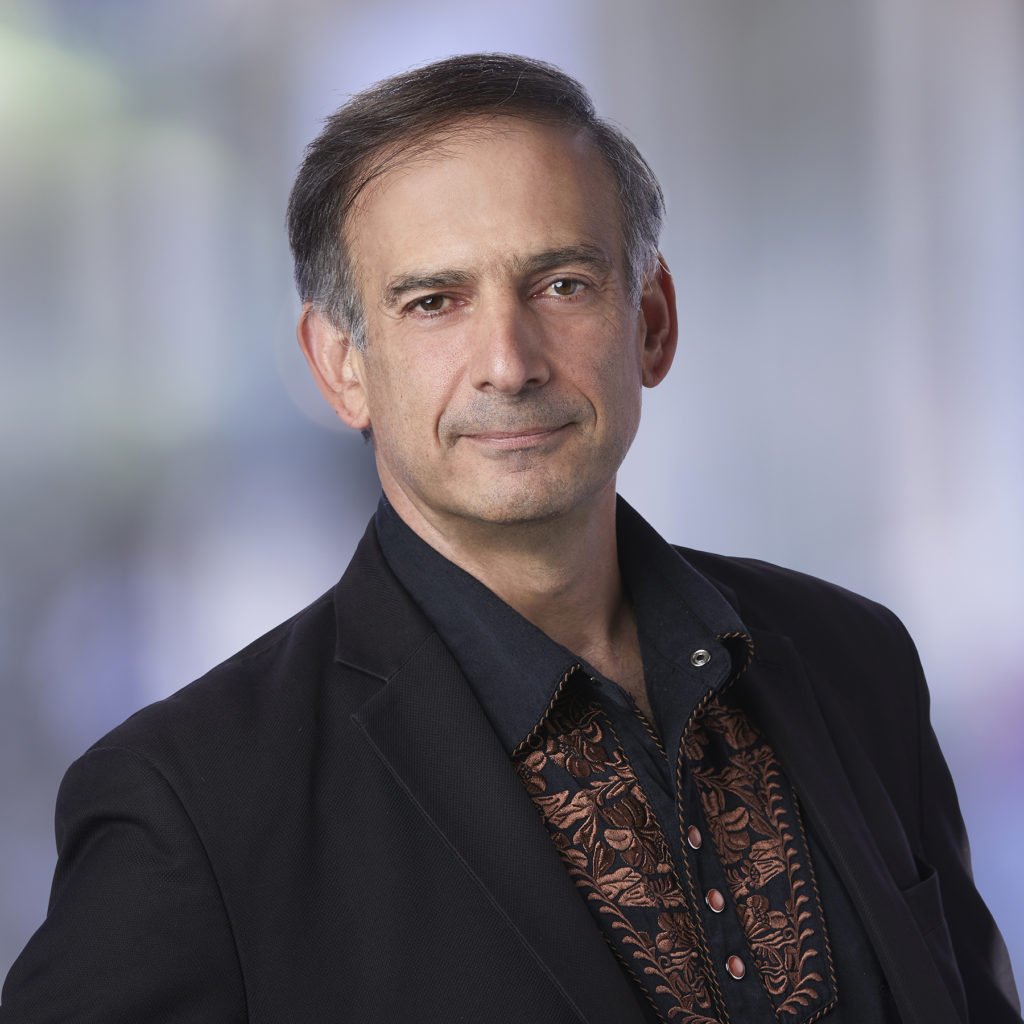
Dr. Julio Friedmann
Dr. Julio Friedmann is a Non-Resident Fellow at the Center on Global Energy Policy at Columbia University SIPA. He currently serves as Chief Scientist at Carbon Direct.
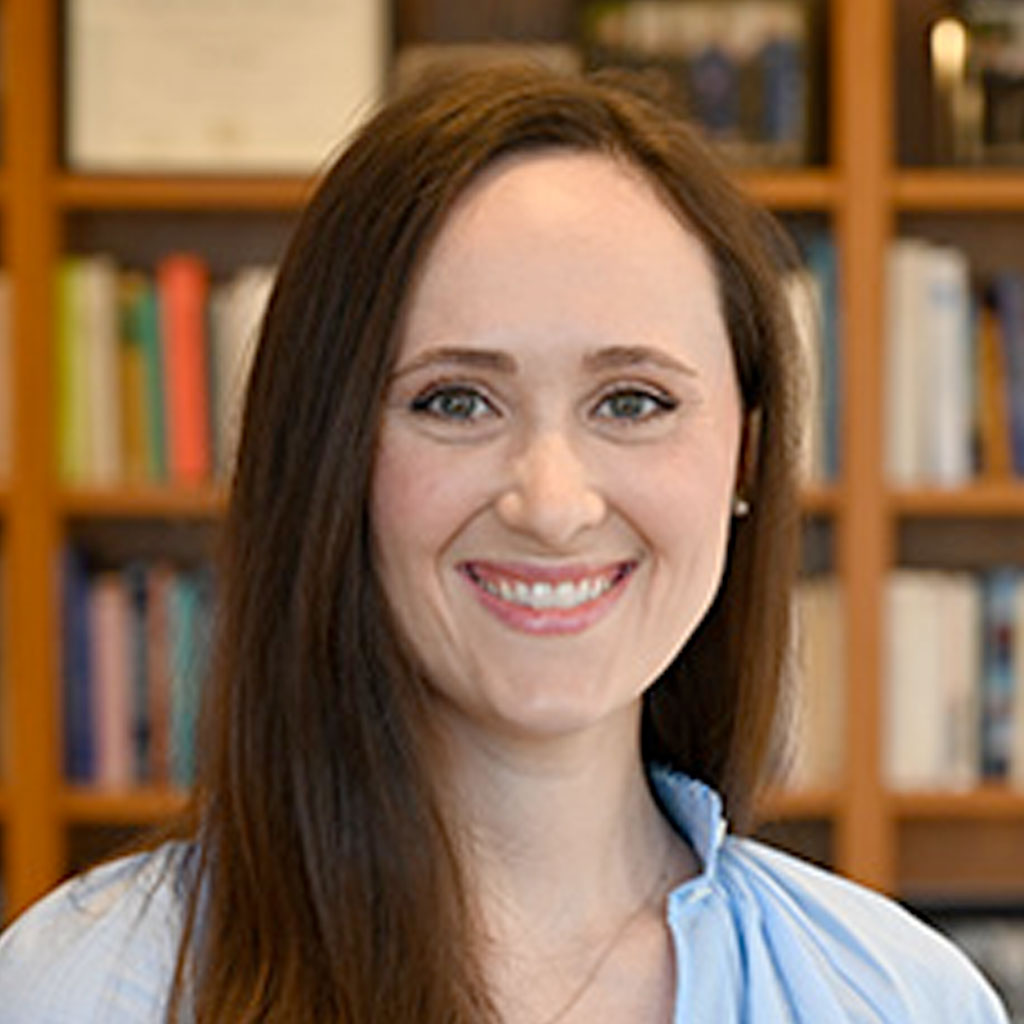
Isabella Gee
Prior to joining the Foundation, Isabella’s main research focus was on energy systems modeling and decarbonization, with a background in the food-energy nexus.
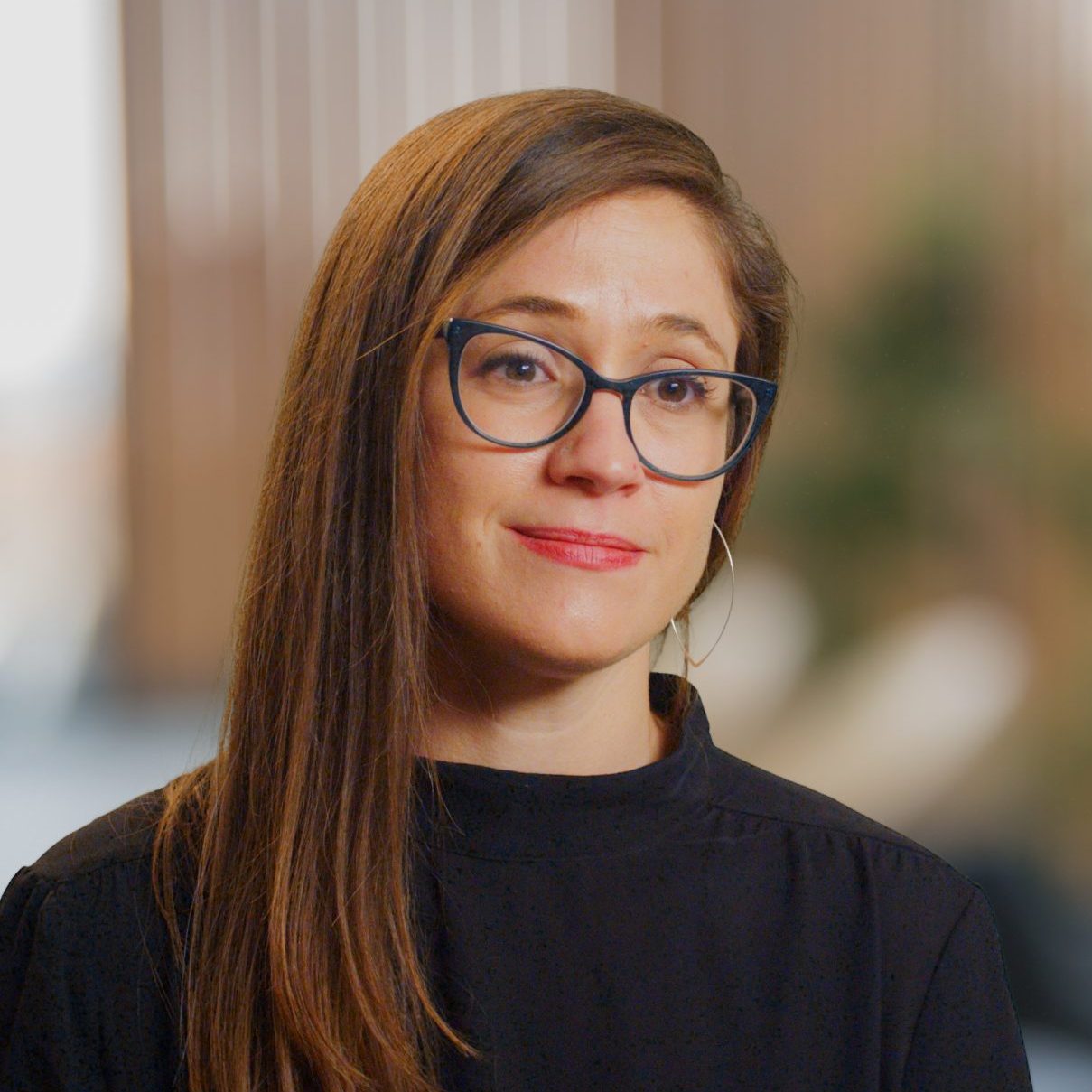
Sarah Golden
Driven by the urgency of the climate challenge, Sarah Golden follows trends and innovations that are accelerating the clean energy transition. She brings more than a decade of experience in climate, clean energy and politics.
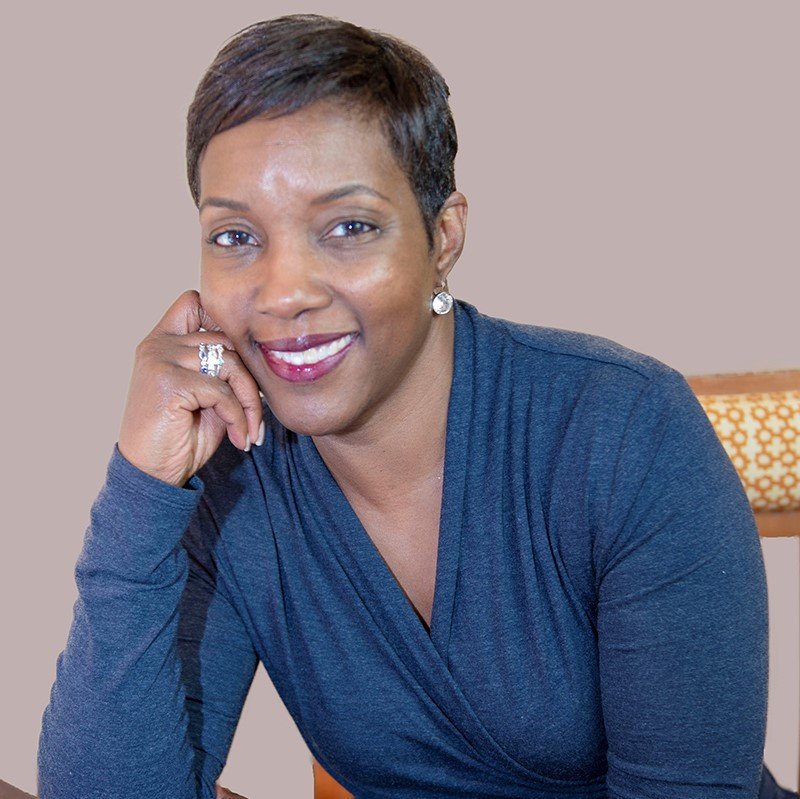
Paula Glover
Paula R. Glover has served as President of the Alliance to Save Energy since January 2021 and has been a member of the Board of Directors since 2017. A dynamic leader with more than 25 years of experience in the energy industry, Ms. Glover is the seventh president in the Alliance’s 45-year history.
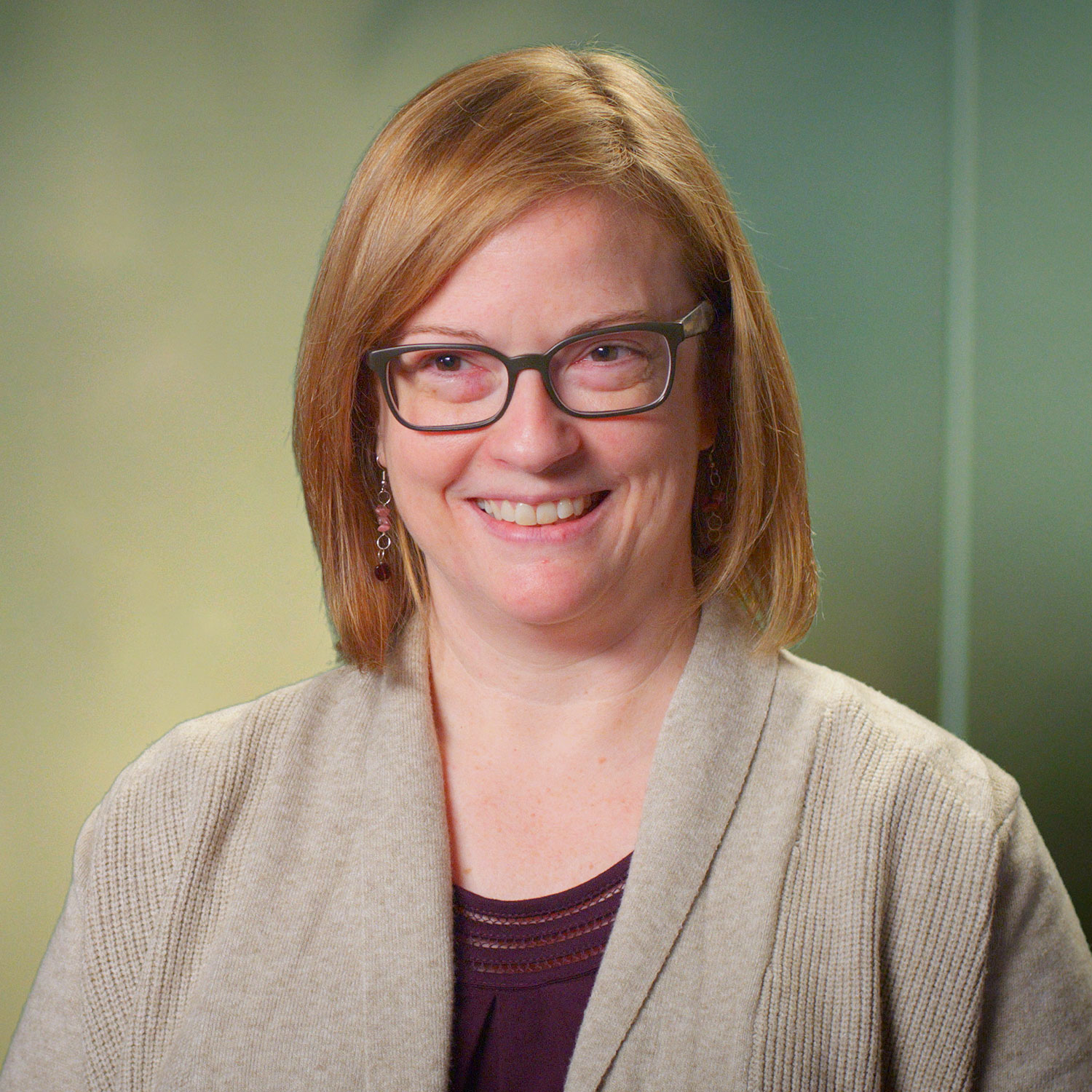
Shannon Heyck-Williams
Shannon Heyck-Williams serves as the National Wildlife Federation’s lead climate and energy policy advisor, directing and representing the organization’s strategic priorities at the federal level as they relate to reducing greenhouse gas emissions and promoting renewable energy.
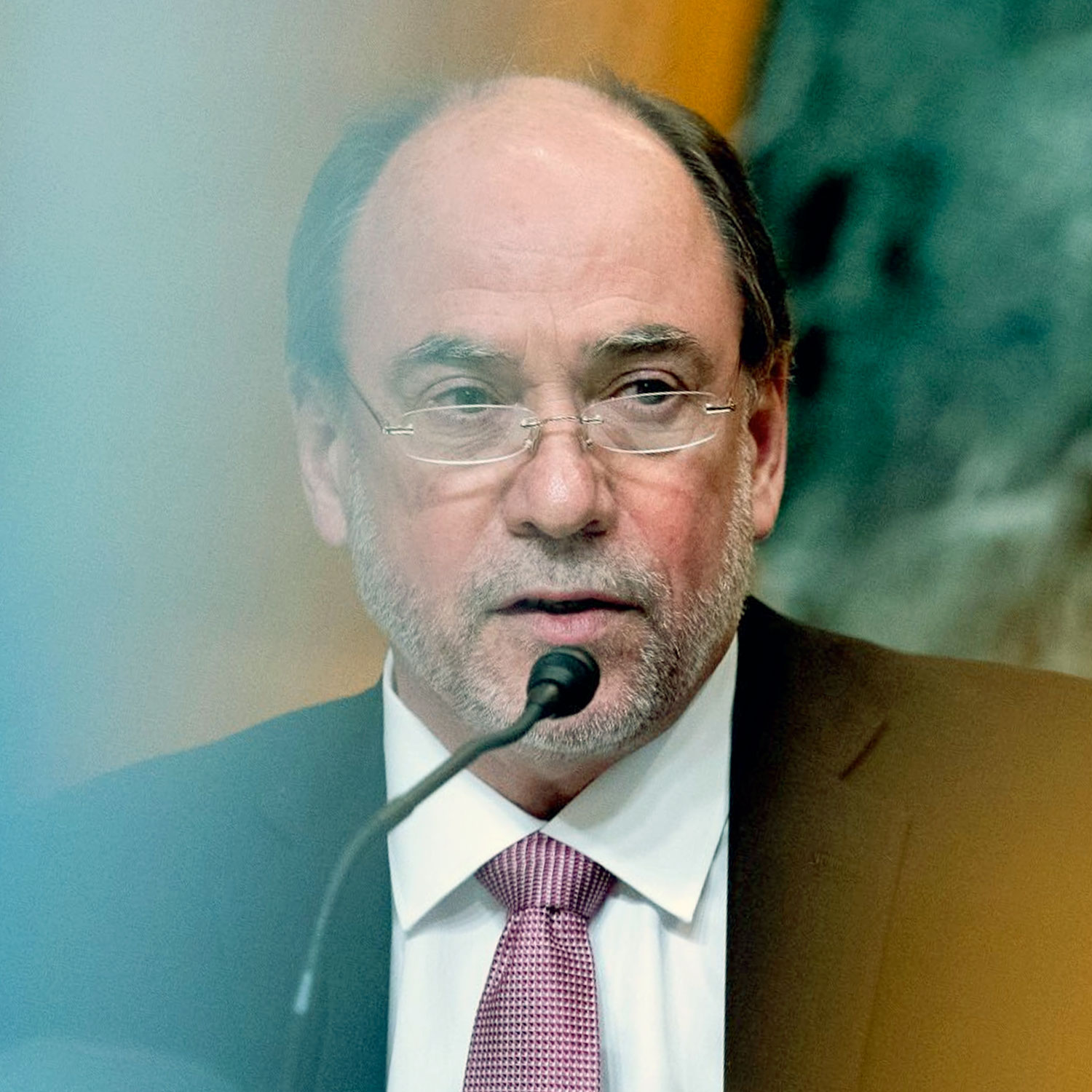
Dr. Douglas Holtz-Eakin
Dr. Holtz-Eakin built an international reputation as a scholar doing research in areas of applied economic policy, econometric methods, and entrepreneurship.
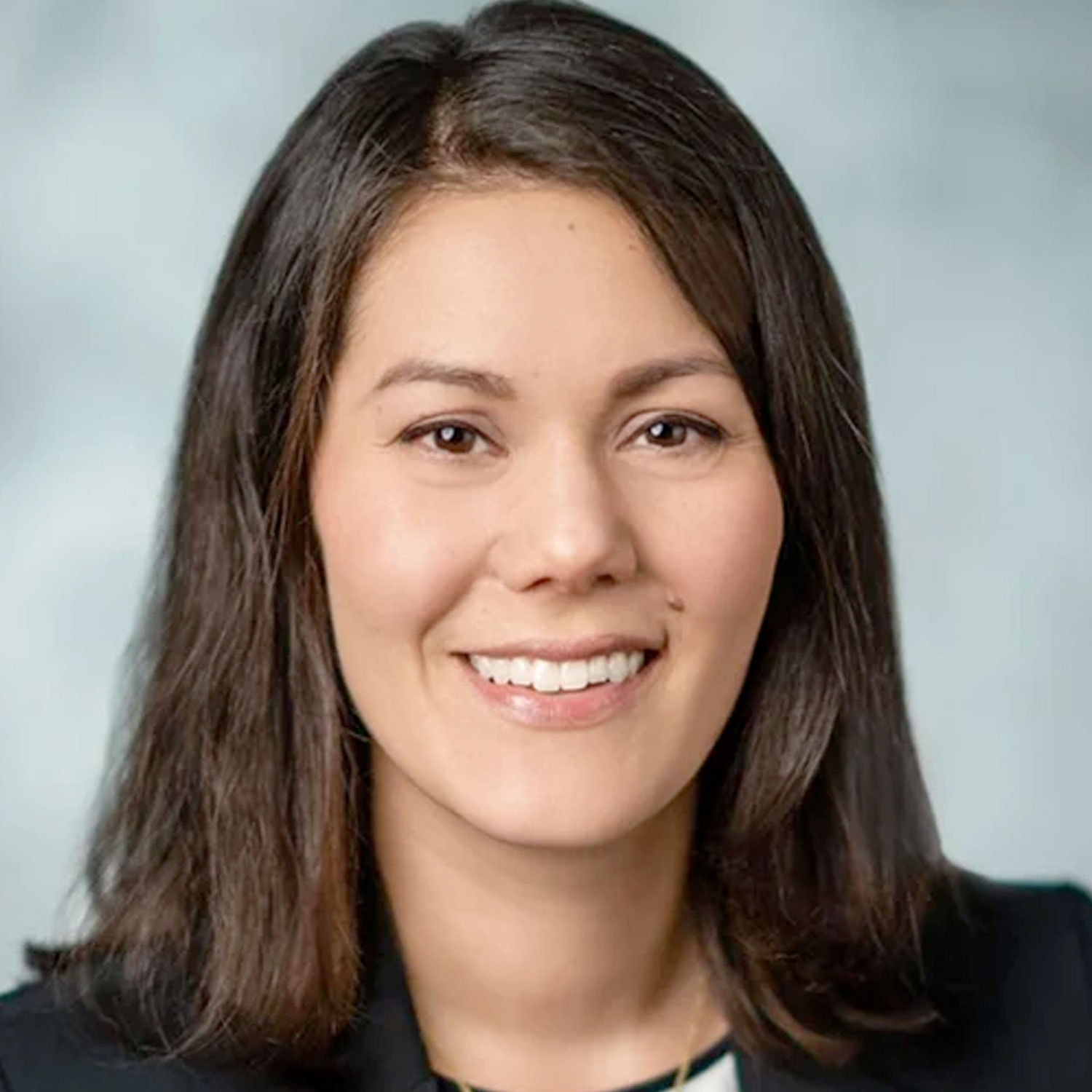
Lesley Jantarasami
Lesley Jantarasami is the managing director of the Energy Program and brings over 10 years’ policy experience at the state and federal levels.
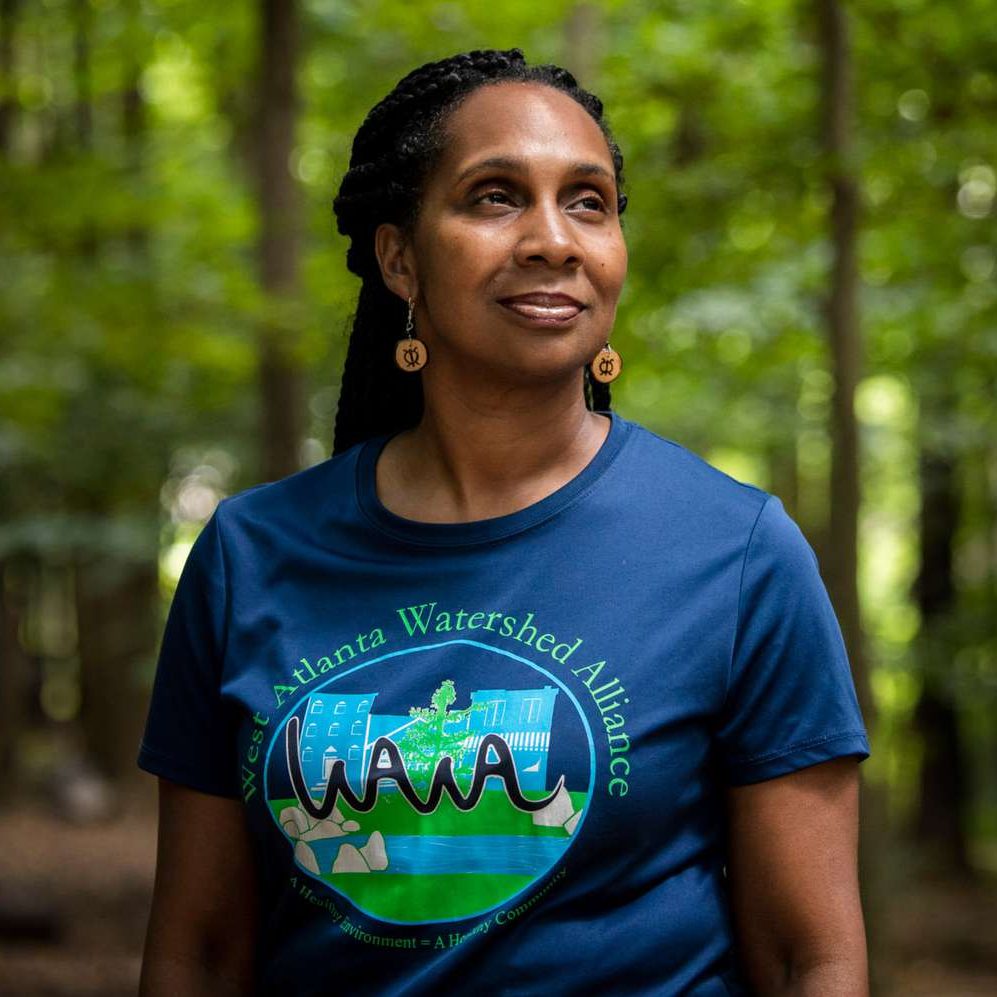
Na’Taki Osborne Jelks
Na’Taki Osborne Jelks is a nationally-recognized leader in engaging urban communities and youth of color in environmental stewardship through hands-on watershed and land restoration initiatives, environmental education, and training.
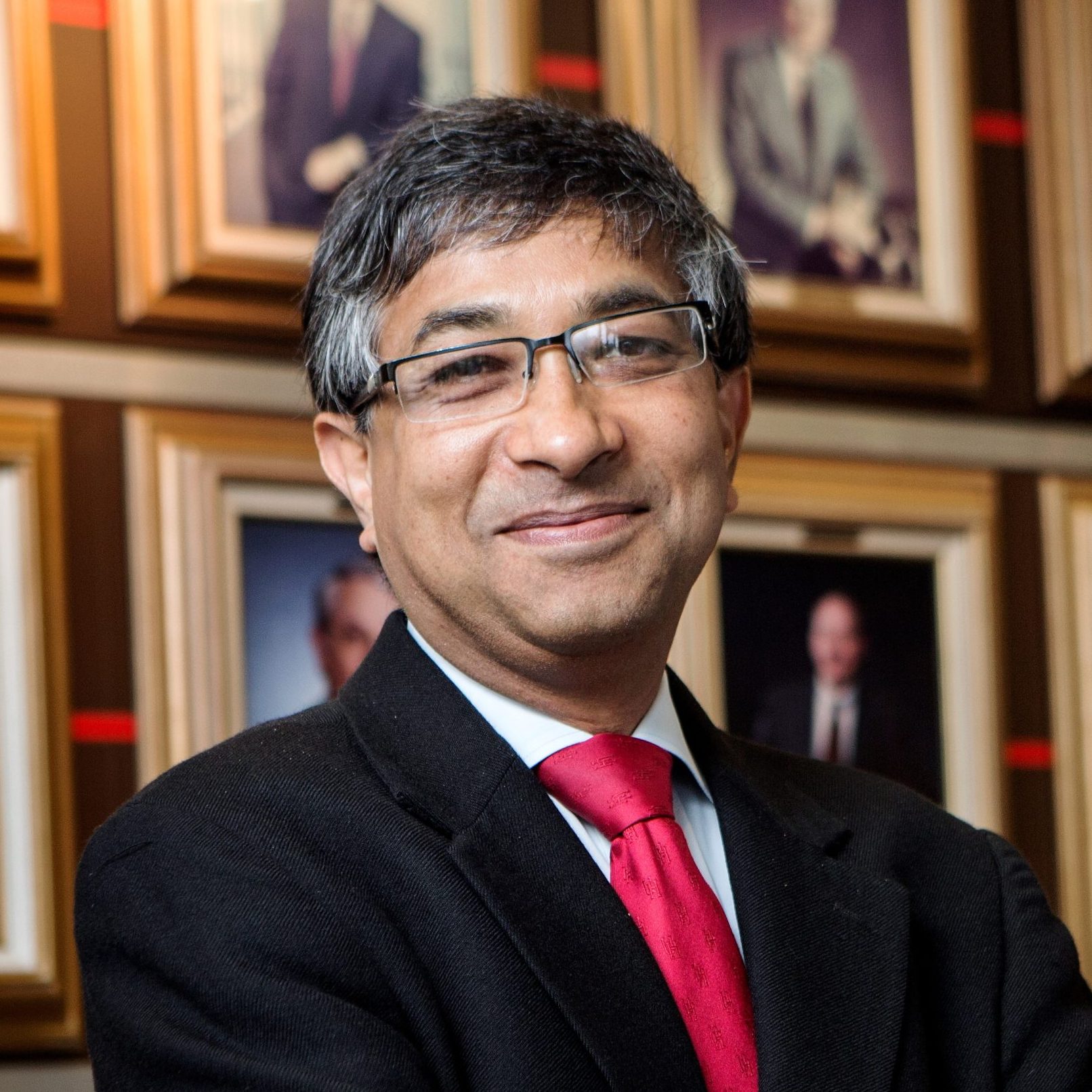
Dr. Ramanan Krishnamoorti
Dr. Krishnamoorti has served as a department chair of the UH Cullen College of Engineering’s chemical and biomolecular engineering, associate dean of research for engineering, and professor of chemical and biomolecular engineering.
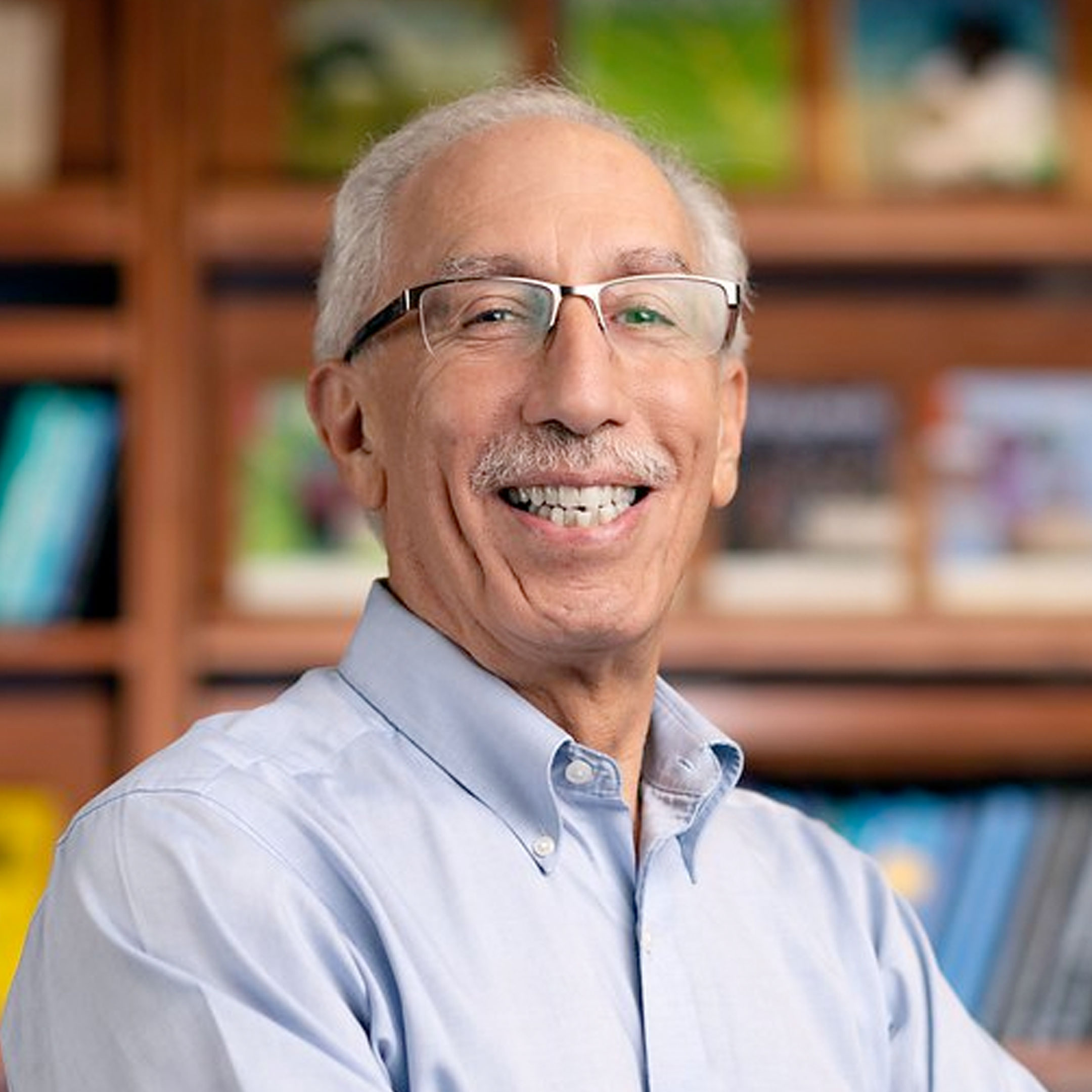
Alan Krupnick
Alan Krupnick is a senior fellow at Resources for the Future and an expert on the oil and gas sector, reducing greenhouse gas emissions from this and the industrial sectors, and cost-benefit analysis.
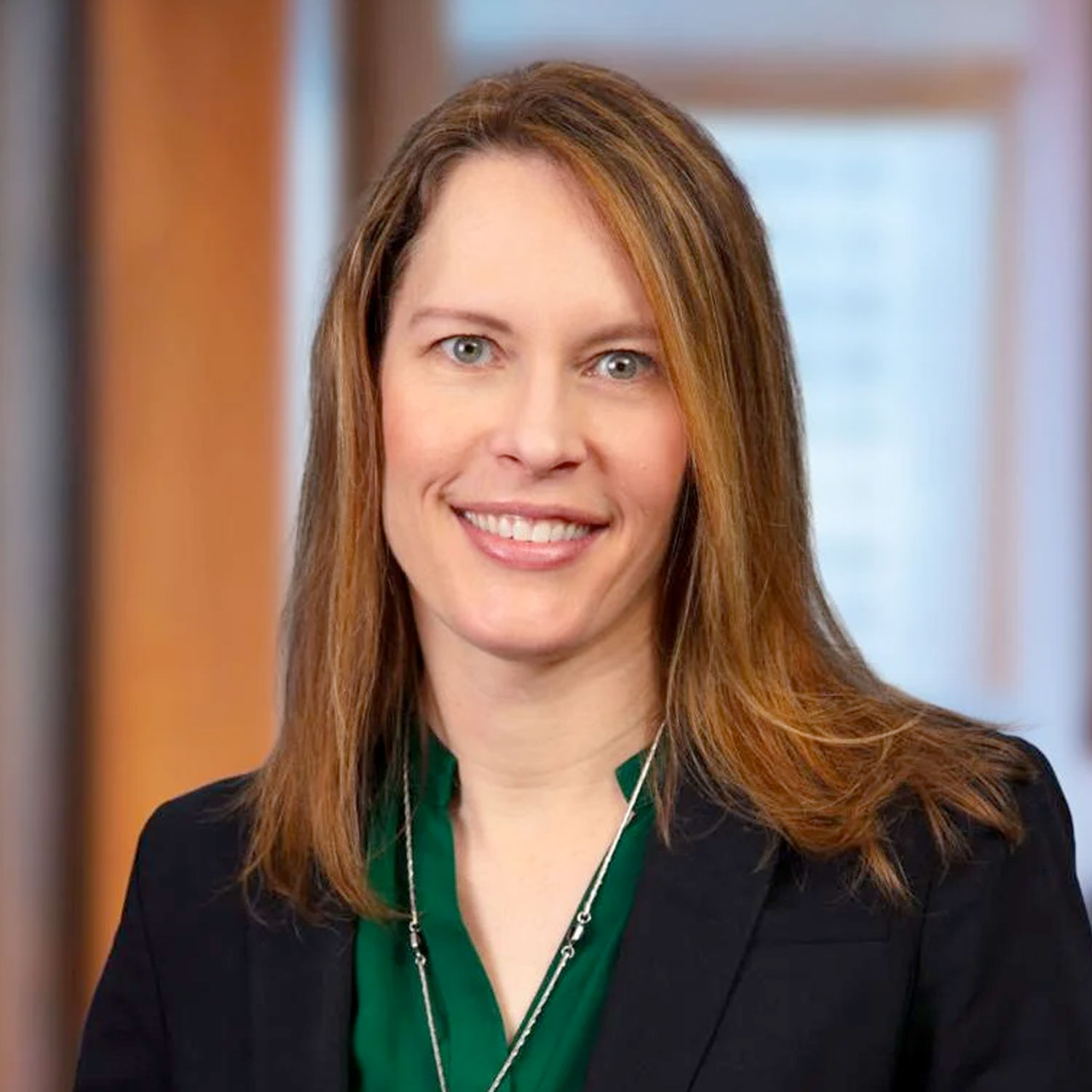
Dr. Holly Krutka
Holly Krutka is the Executive Director of the School of Energy Resources at the University of Wyoming.
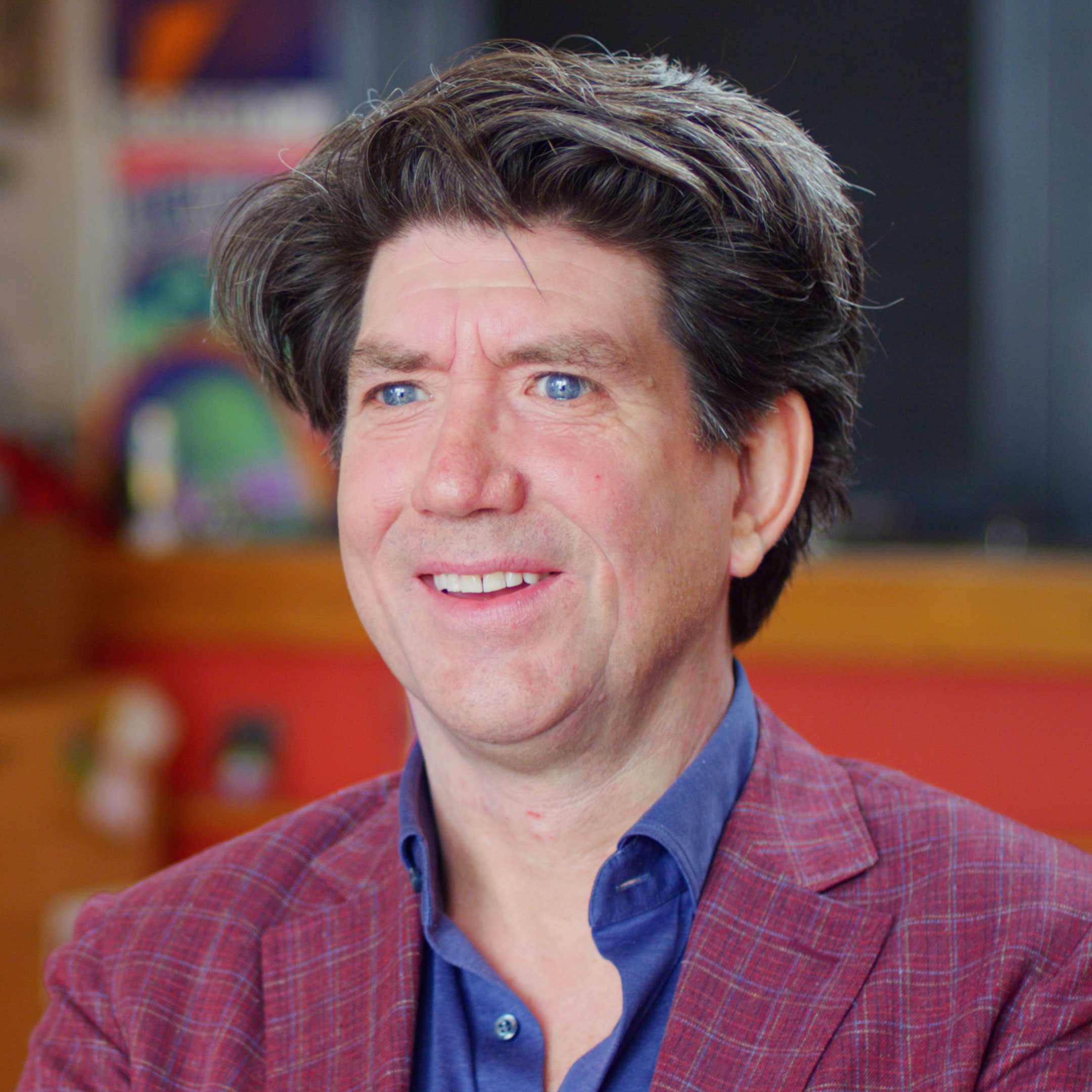
Scott Lewis
Scott leads World Energy’s Sustainable Aviation Fuel (SAF) supply business, empowering the world’s most dynamic leaders to successfully confront humanity’s greatest challenge by making net-zero real.
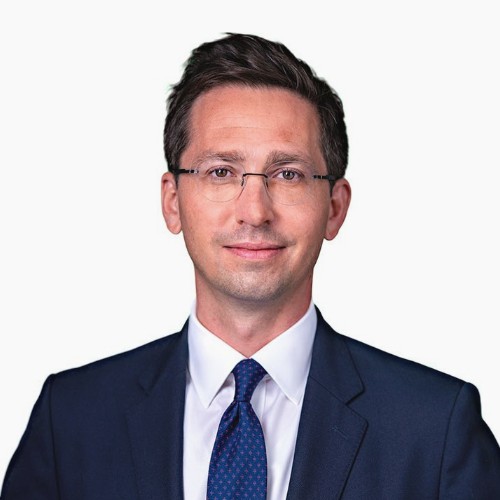
Sasha Mackler
Sasha Mackler directs the Energy Program at the Bipartisan Policy Center. He has worked for more than two decades at the intersection of energy policy and commercial markets.
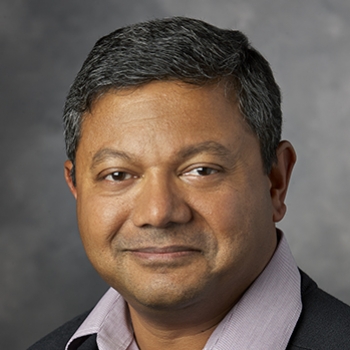
Dr. Arun Majumdar
Dr. Arun Majumdar is the inaugural Dean of the Stanford Doerr School of Sustainability. He is the Jay Precourt Provostial Chair Professor at Stanford University, a Senior Fellow and former Director of the Precourt Institute for Energy and Senior Fellow (courtesy) of the Hoover Institution.
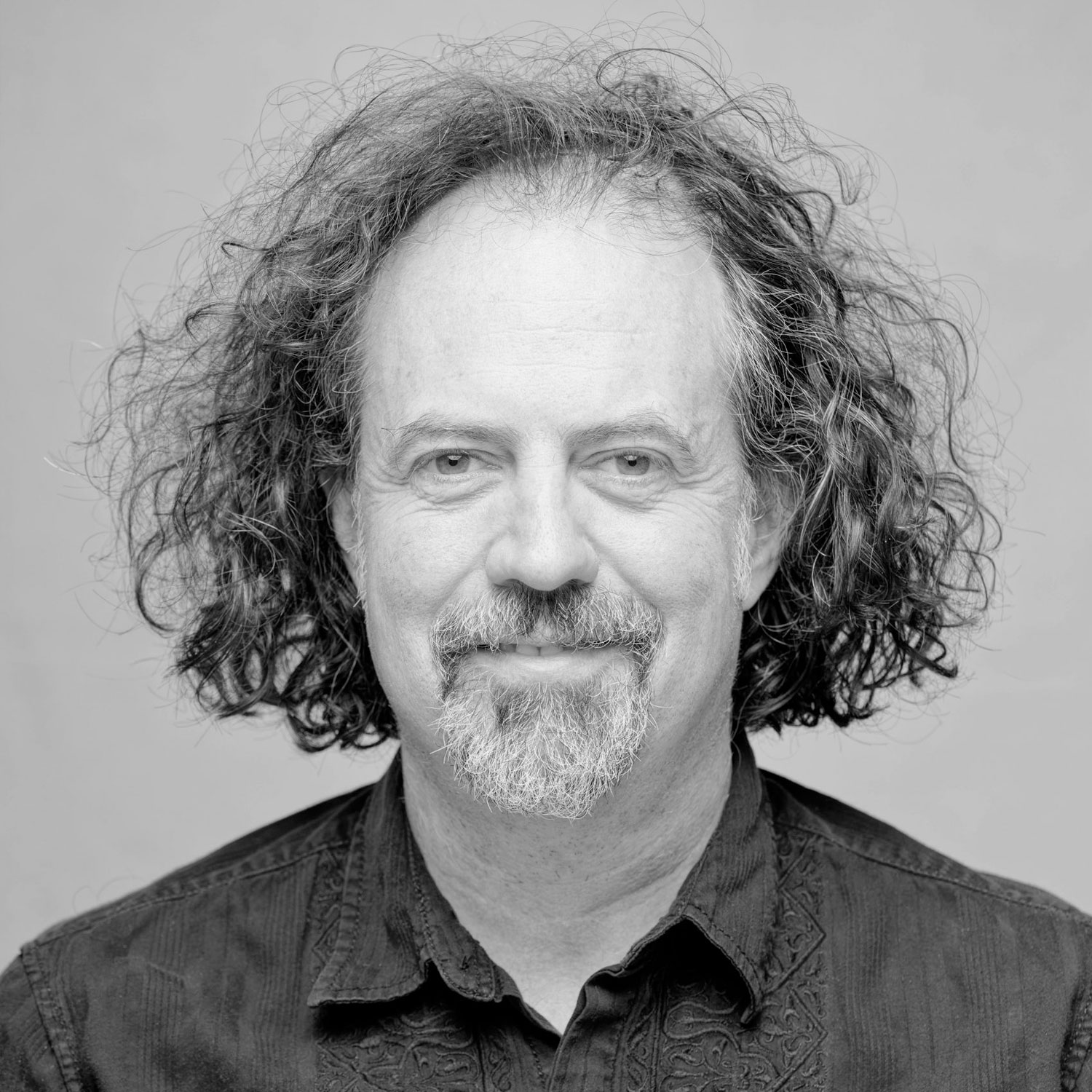
Manuel Maqueda
Manuel Maqueda is an international teacher, speaker, and innovator committed to restoring the balance of living systems.
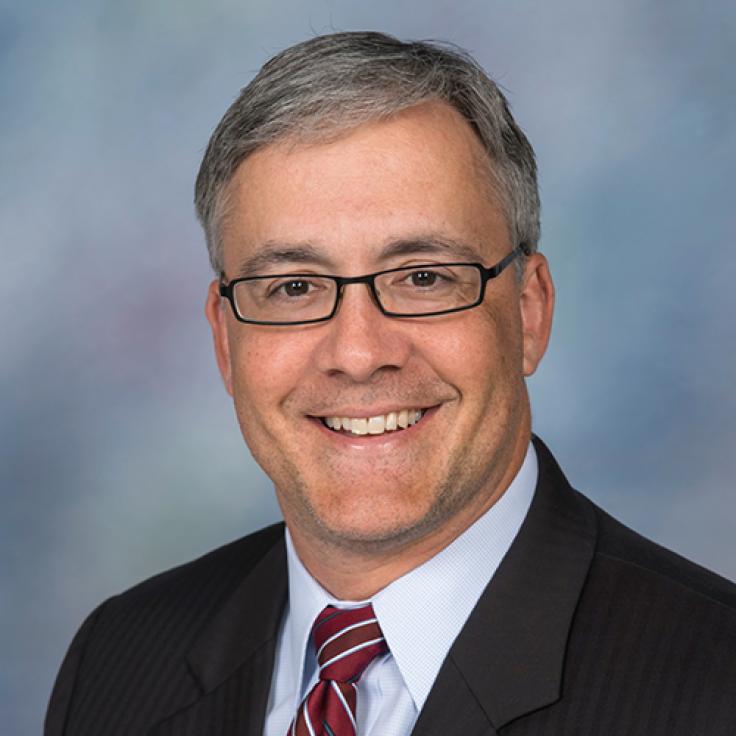
Dr. Kenneth B. Medlock
Dr. Medlock is the James A. Baker, III, and Susan G. Baker Fellow in Energy and Resource Economics at the Baker Institute and the senior director of the Center for Energy Studies.
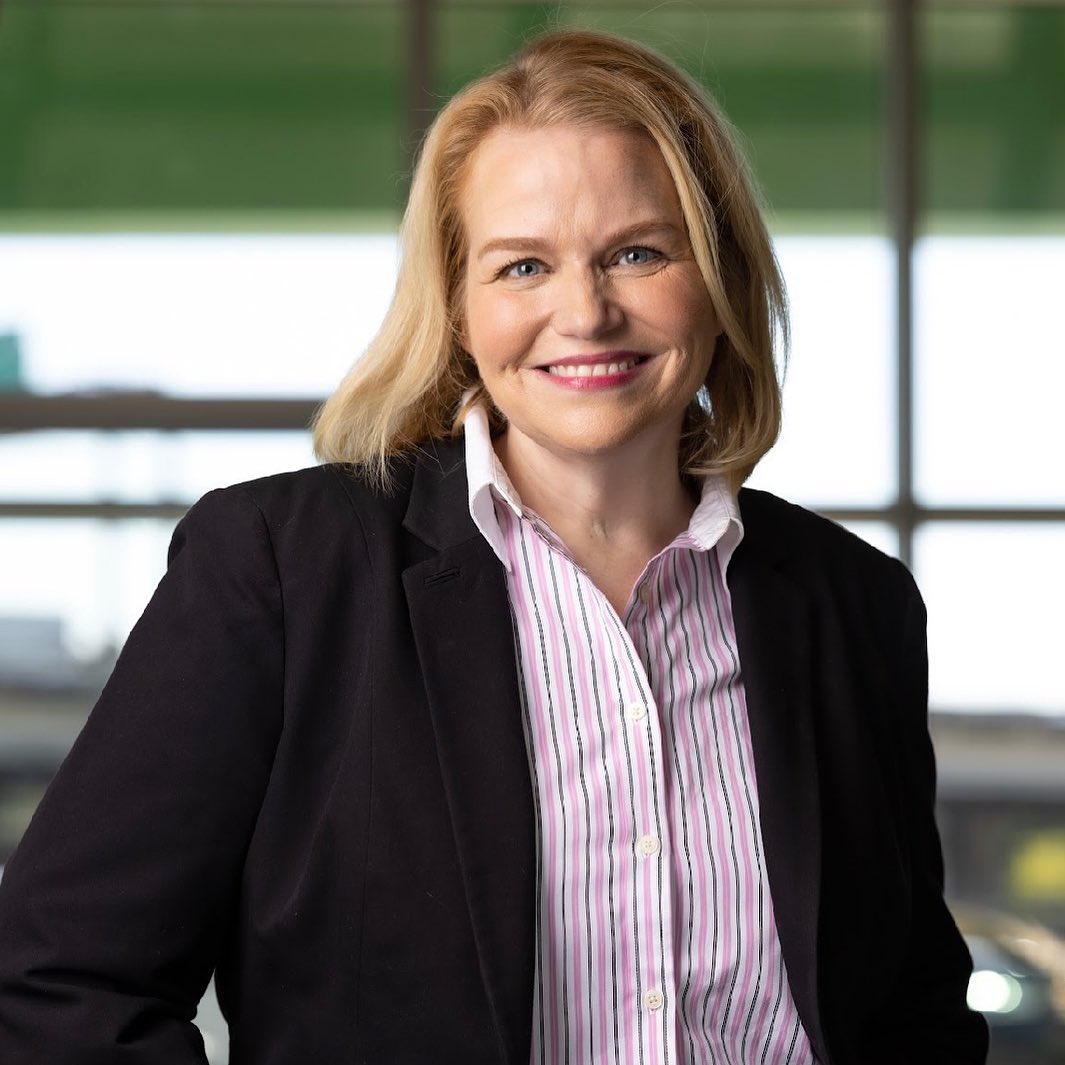
Katie Mehnert
The modern architect of culture change in energy, Katie Mehnert is the Founder and CEO of Pink Petro™, the global community and career resource aimed at disrupting the gender gap in energy
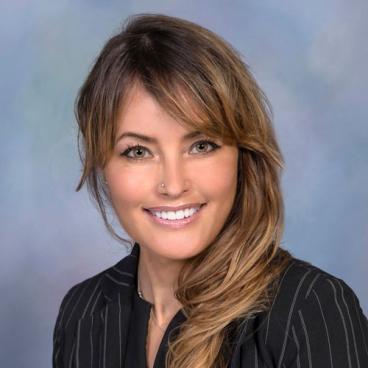
Rachel A. Meidl
Rachel A. Meidl, LP.D., CHMM, is the fellow in energy and environment at Rice University’s Baker Institute. She was previously appointed deputy associate administrator for the Pipeline and Hazardous Materials Safety Administration, an agency of the U.S. Dept. of Transportation.
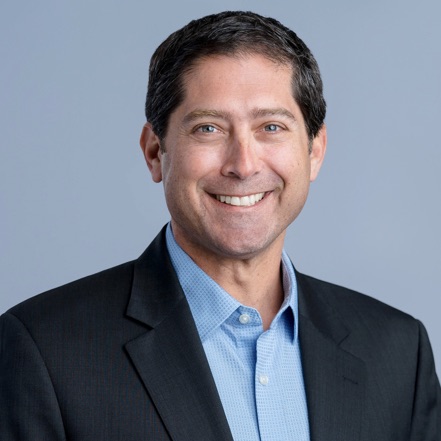
Dr. Todd Moss
Todd Moss, Ph.D., is a nonresident fellow for the Center for Energy Studies at Rice University’s Baker Institute. He is also the executive director of the Energy for Growth Hub in Washington, D.C., and a visiting fellow at the Center for Global Development.
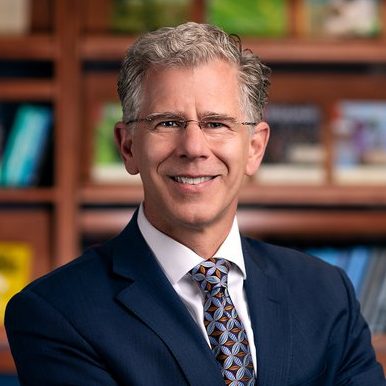
Dr. Richard G. Newell
Dr. Newell has published widely on the economics of markets and policies for energy and the environment, including issues surrounding global climate change, energy efficiency, and energy innovation.
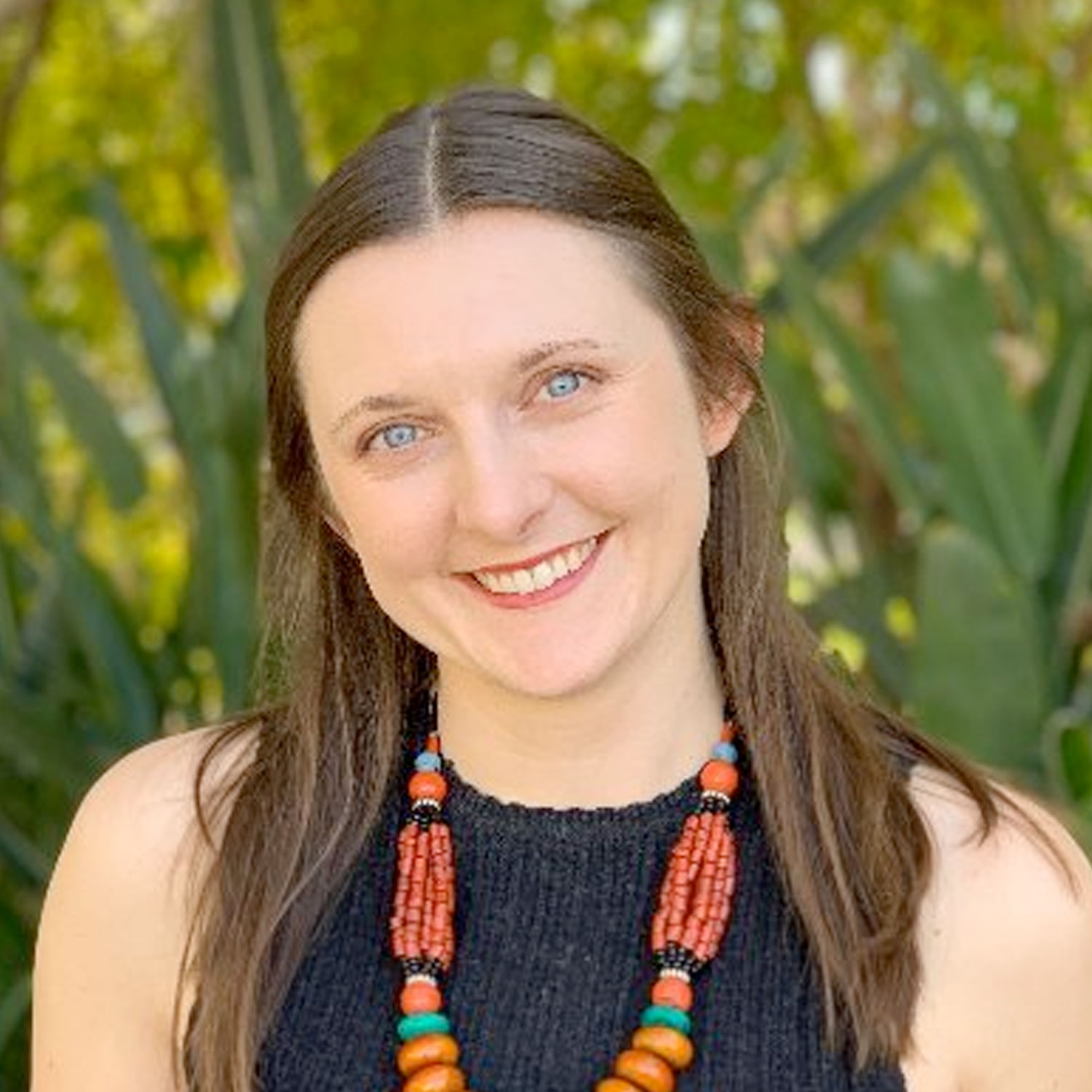
Lauren Phipps
Lauren Phipps is the Vice President and Senior Analyst on the circular economy at GreenBiz Group, where she leads the company’s circularity strategy, programs, and partnerships.
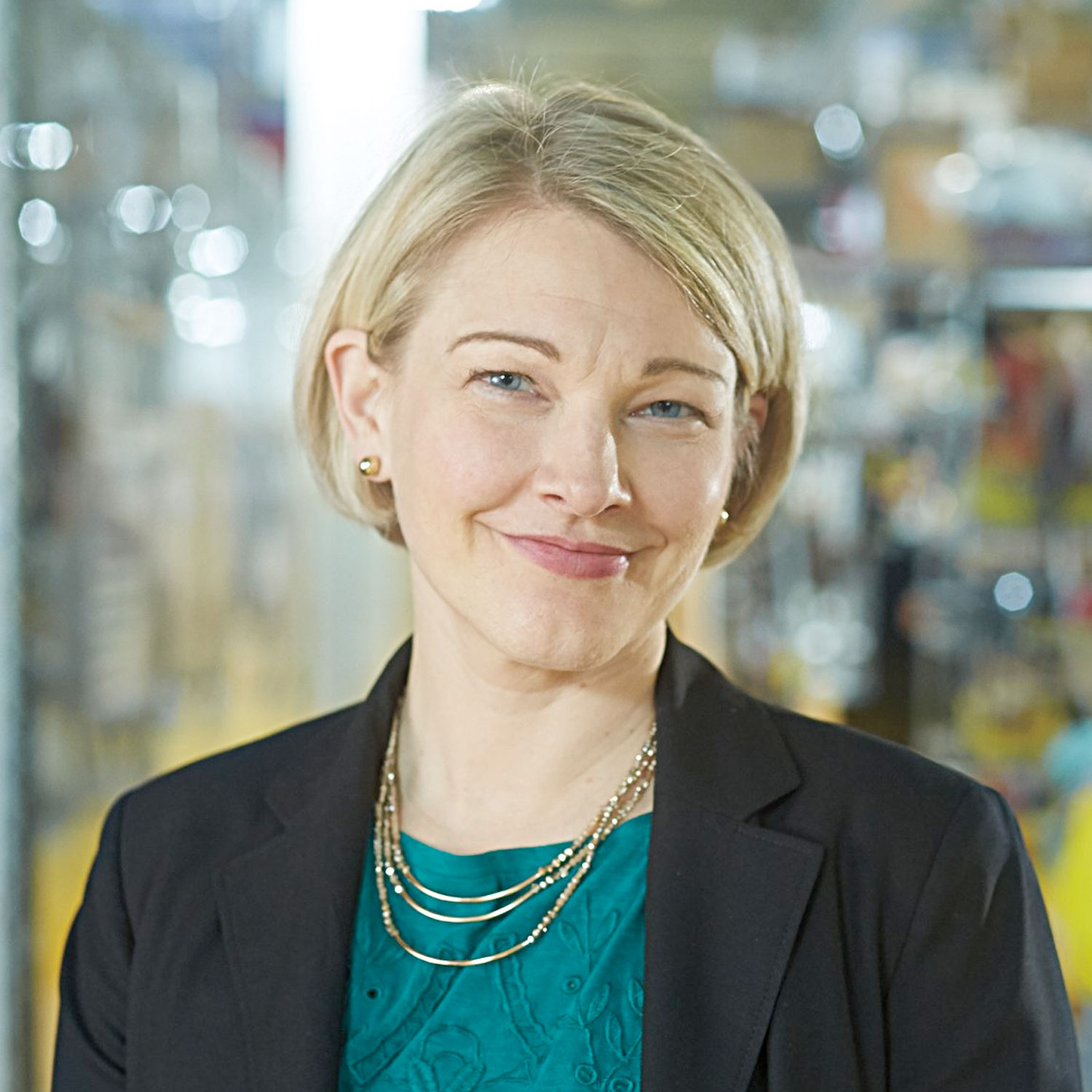
Dr. Emily Reichart
Dr. Emily Reichart serves as Chief Executive Officer of Greentown Labs, the largest climate tech startup incubator in North America.
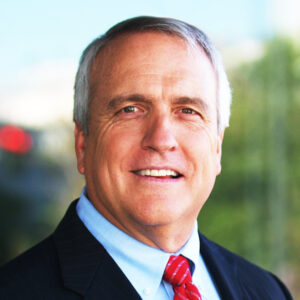
Gov. Bill Ritter, Jr.
During his four-year term, former Governor Bill Ritter established Colorado as a national and international leader in clean energy by building a New Energy Economy. After leaving the Governor’s Office, Ritter founded the Center for the New Energy Economy at Colorado State University.
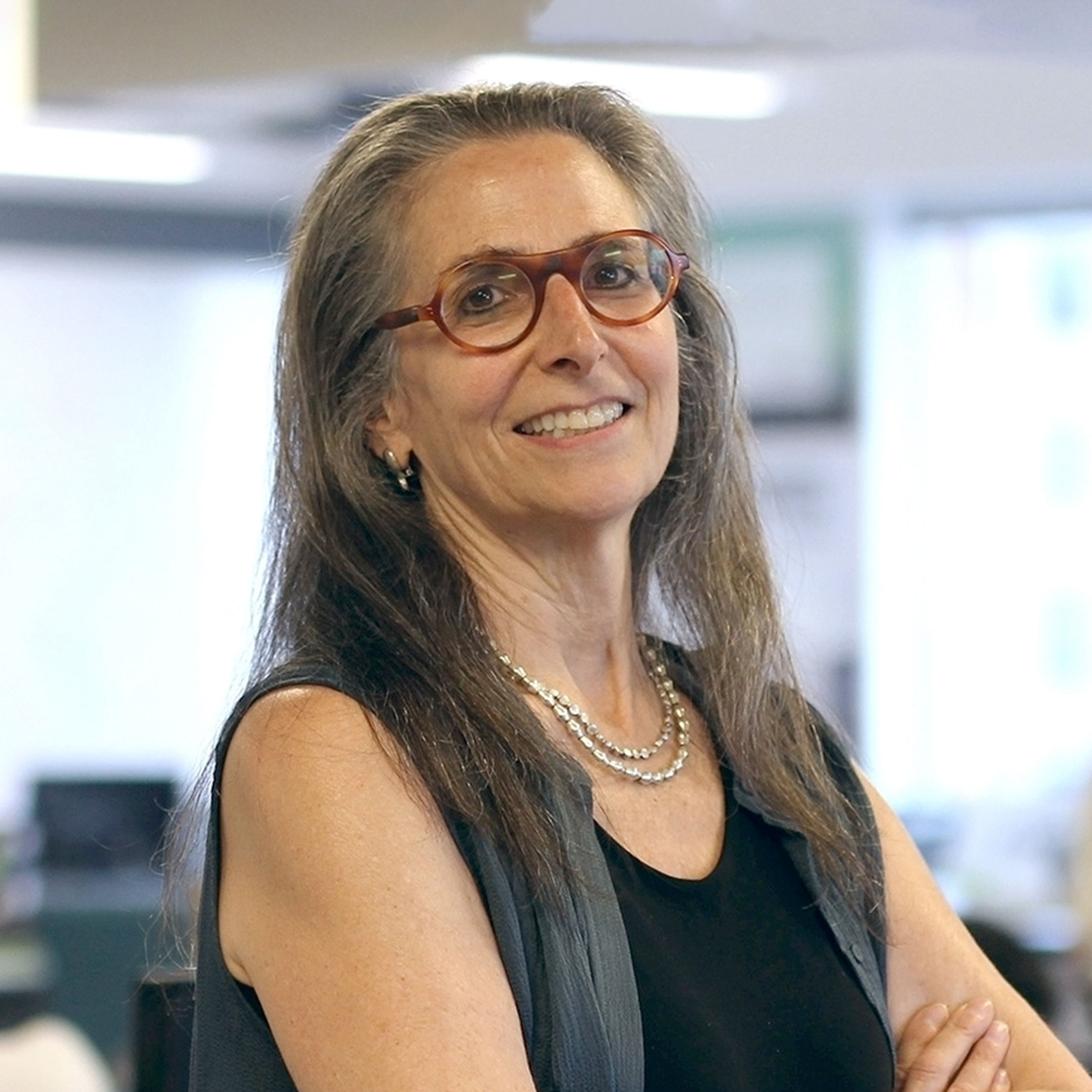
Pat Sapinsley
Pat Sapinsley is the Managing Director of Cleantech Initiatives at the Urban Future Lab / ACRE at NYU Tandon School of Engineering.
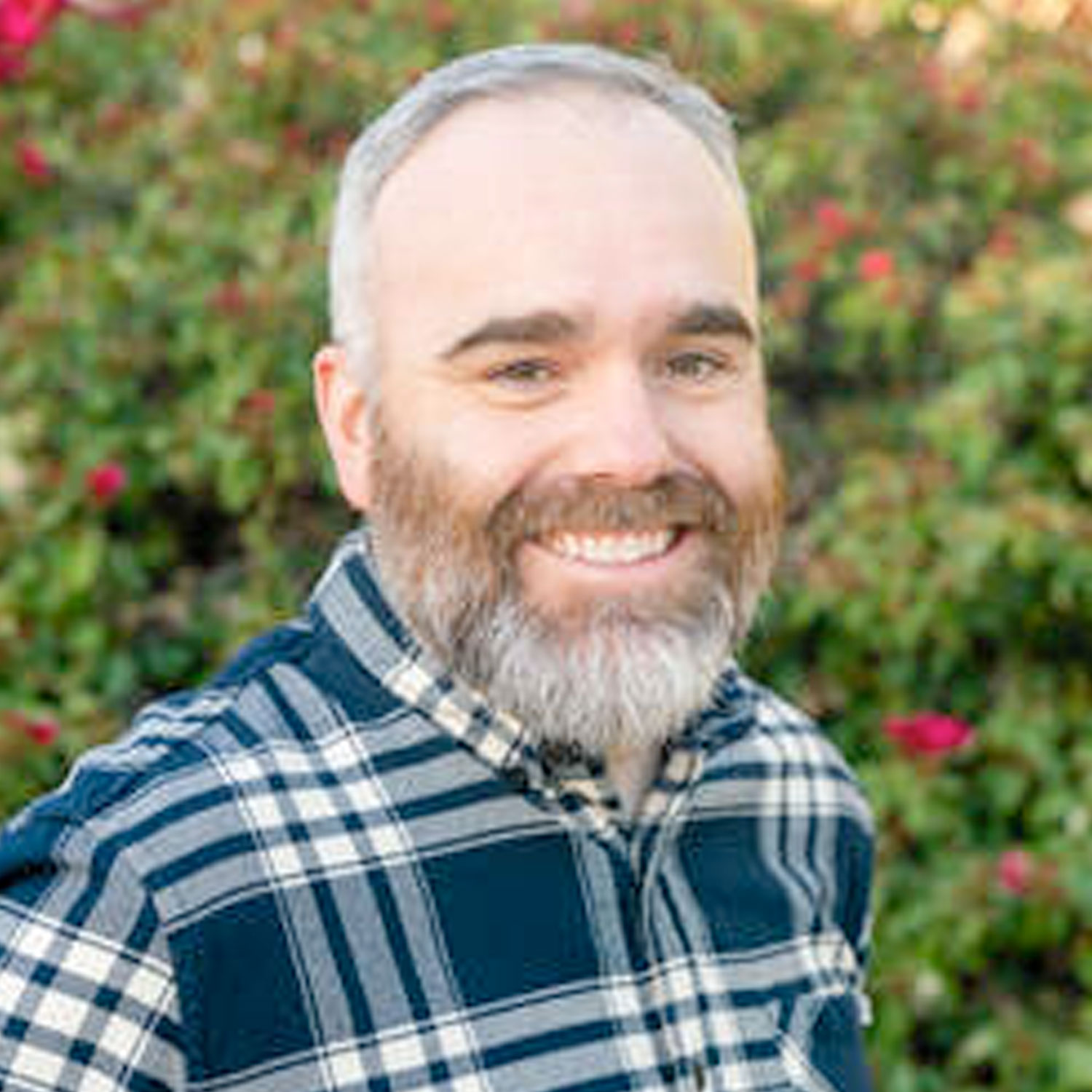
Dr. Jon Smieja
Jon is vice president and senior analyst on the circular economy at GreenBiz Group, where he leads the company’s circularity strategy, programs and partnerships.
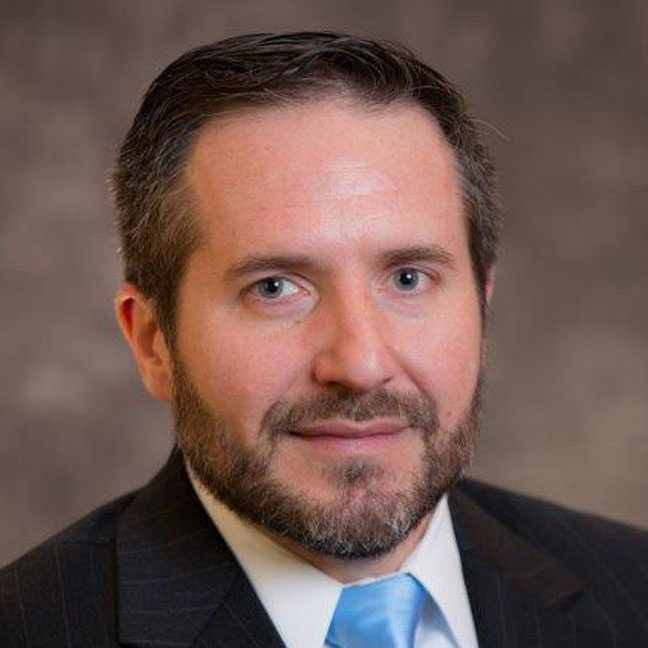
Todd Snitchler
Through the Electric Power Supply Association (EPSA), Mr. Snitchler represents companies that own competitive power generation assets and advocates for policies that focus on well-functioning and properly regulated competitive electricity markets.
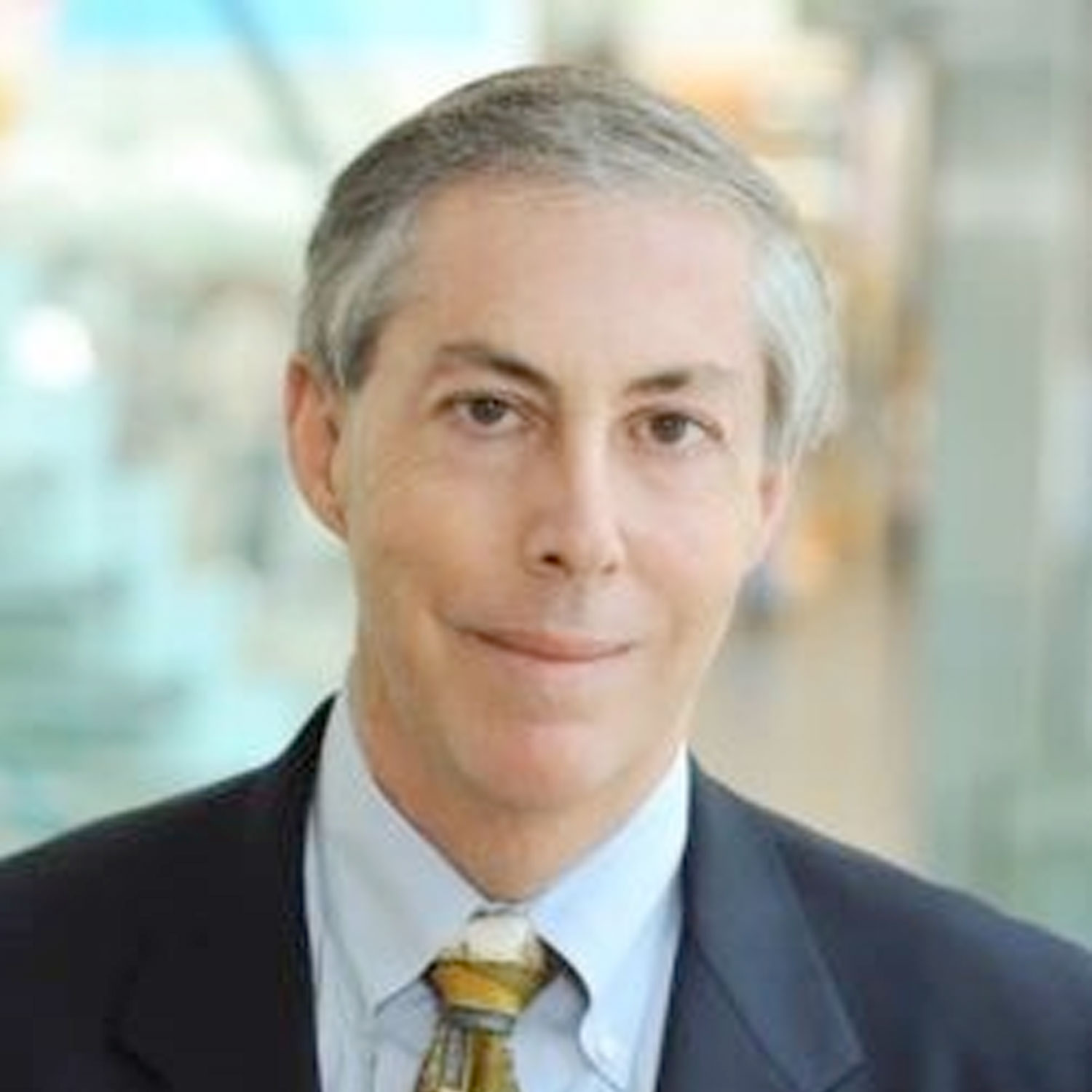
Bill Squadron
Bill Squadron has been an executive, government official and attorney in the energy, telecommunications, sports and media fields for more than 25 years, and is currently President of OurEnergyPolicy.
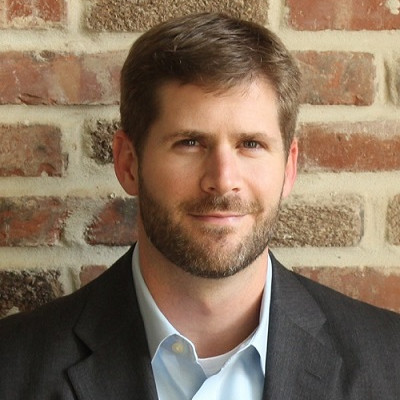
Lee Stockwell
Lee Stockwell is an experienced petrophysical engineer and subsurface expert who currently leads Shell Energy’s Carbon Capture, Utilization, and Storage program.
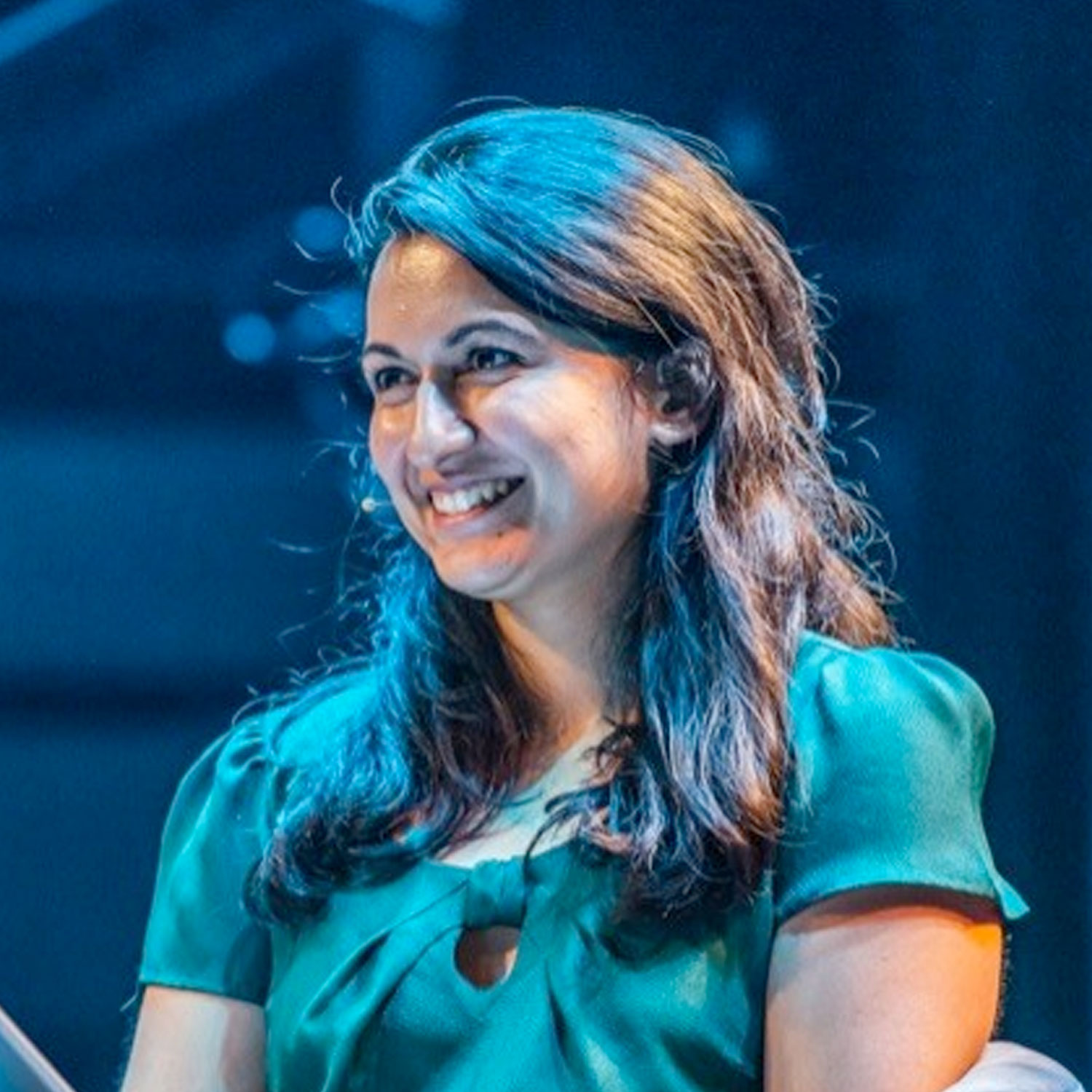
Ashima Sukhdev
Ashima is the Climate Mitigation and Circular Economy Policy Advisor at Seattle Public Utilities (SPU) for the City of Seattle, driving the development of a strategy for advancing circular economy in the Seattle/King County region.
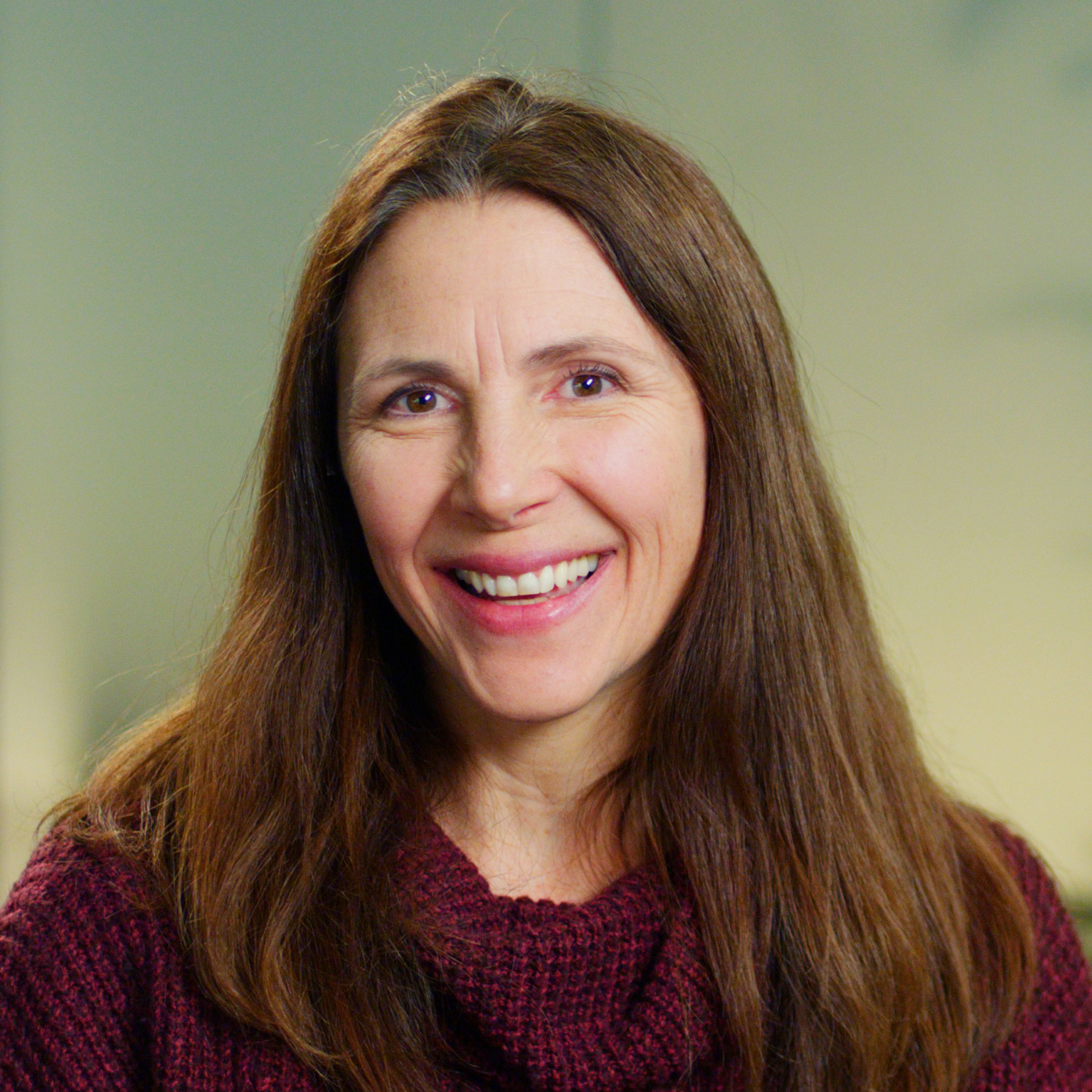
Dr. Suzanne Tegen
Suzanne Tegen is the Assistant Director at the Center for the New Energy Economy where she works for Colorado’s 41st governor, Bill Ritter, Jr., and helps host the Clean Energy Legislative Academy for state legislators.
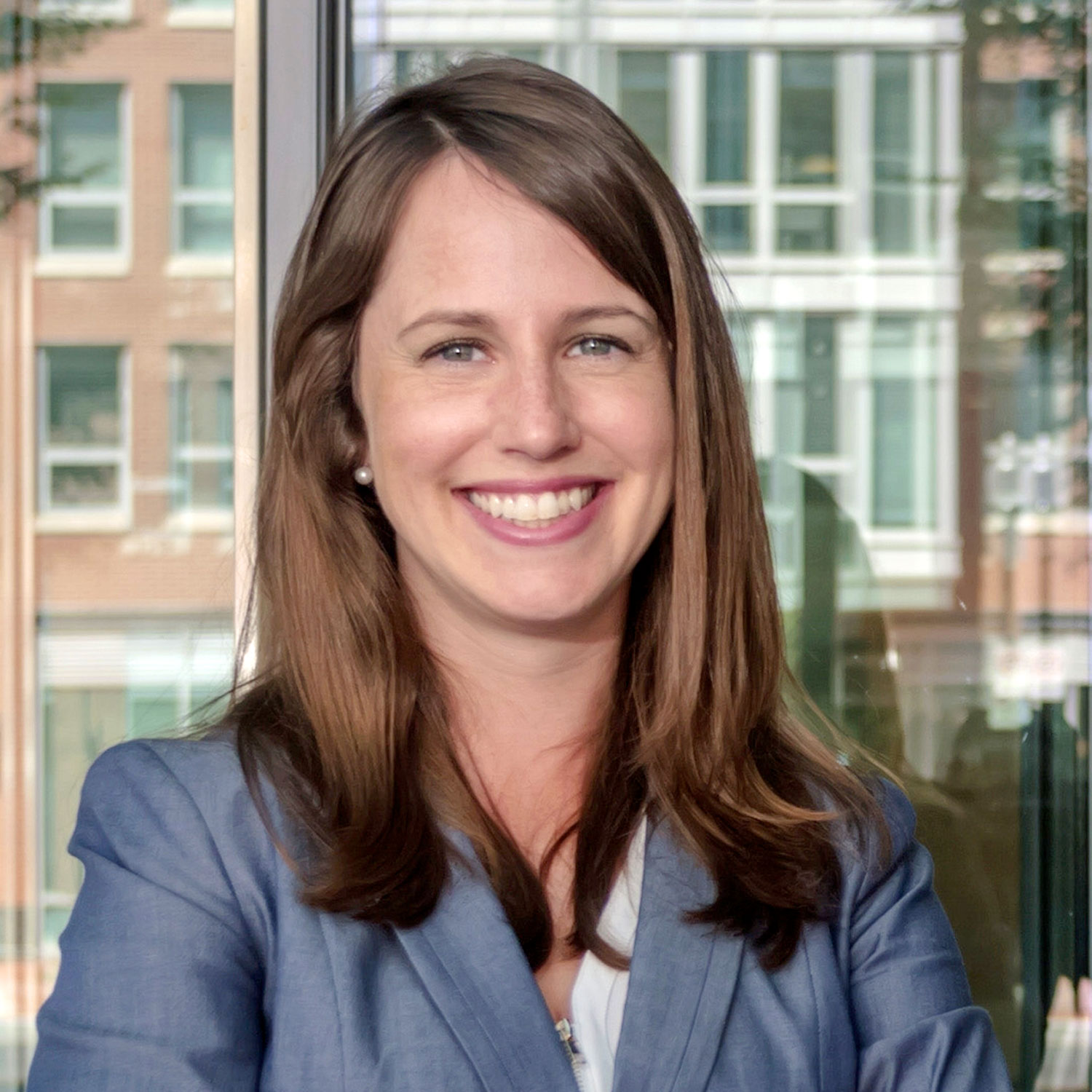
Emily Tipaldo
With more than a decade of experience with plastics, recycling, and materials management, Emily brings her skills of stakeholder engagement, industry expertise, and passion for reducing climate change to the U.S. Plastics Pact
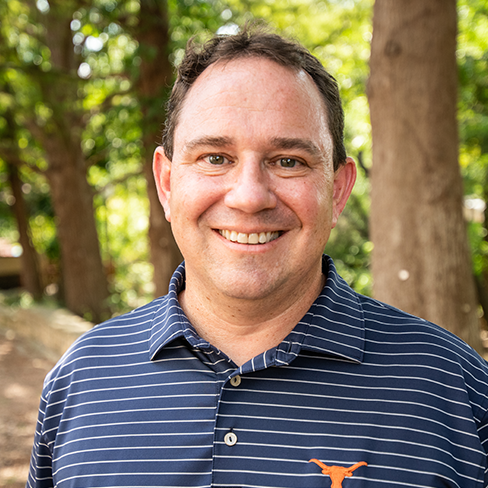
Dr. Michael Webber
Dr. Webber’s expertise spans research and education at the convergence of engineering, policy, and commercialization on topics related to innovation, energy, and the environment.
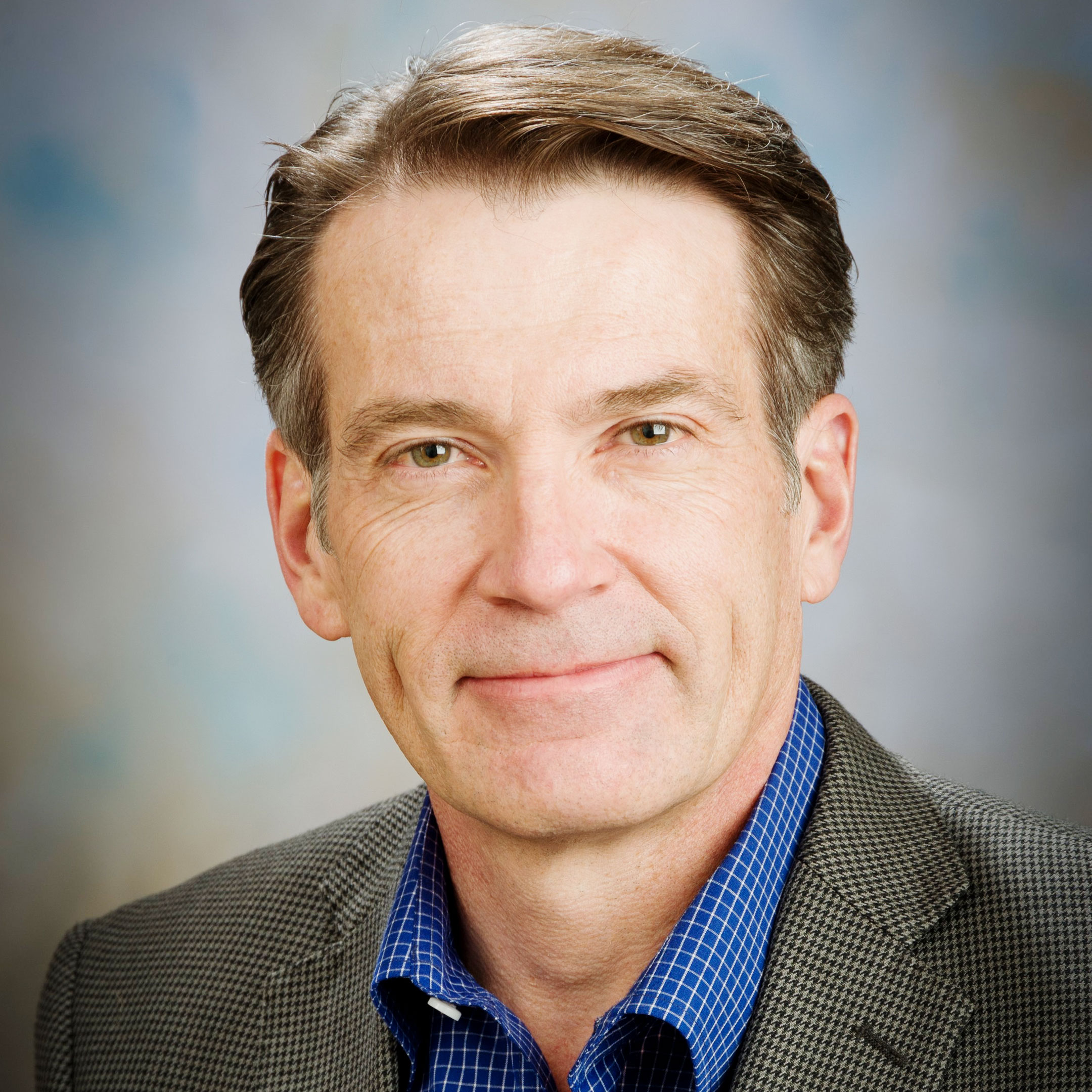
Dr. Bryan Willson
Dr. Bryan Willson is Executive Director of the Energy Institute at Colorado State University, and the holds the Bryan Willson Presidential Chair of Energy Innovation.


